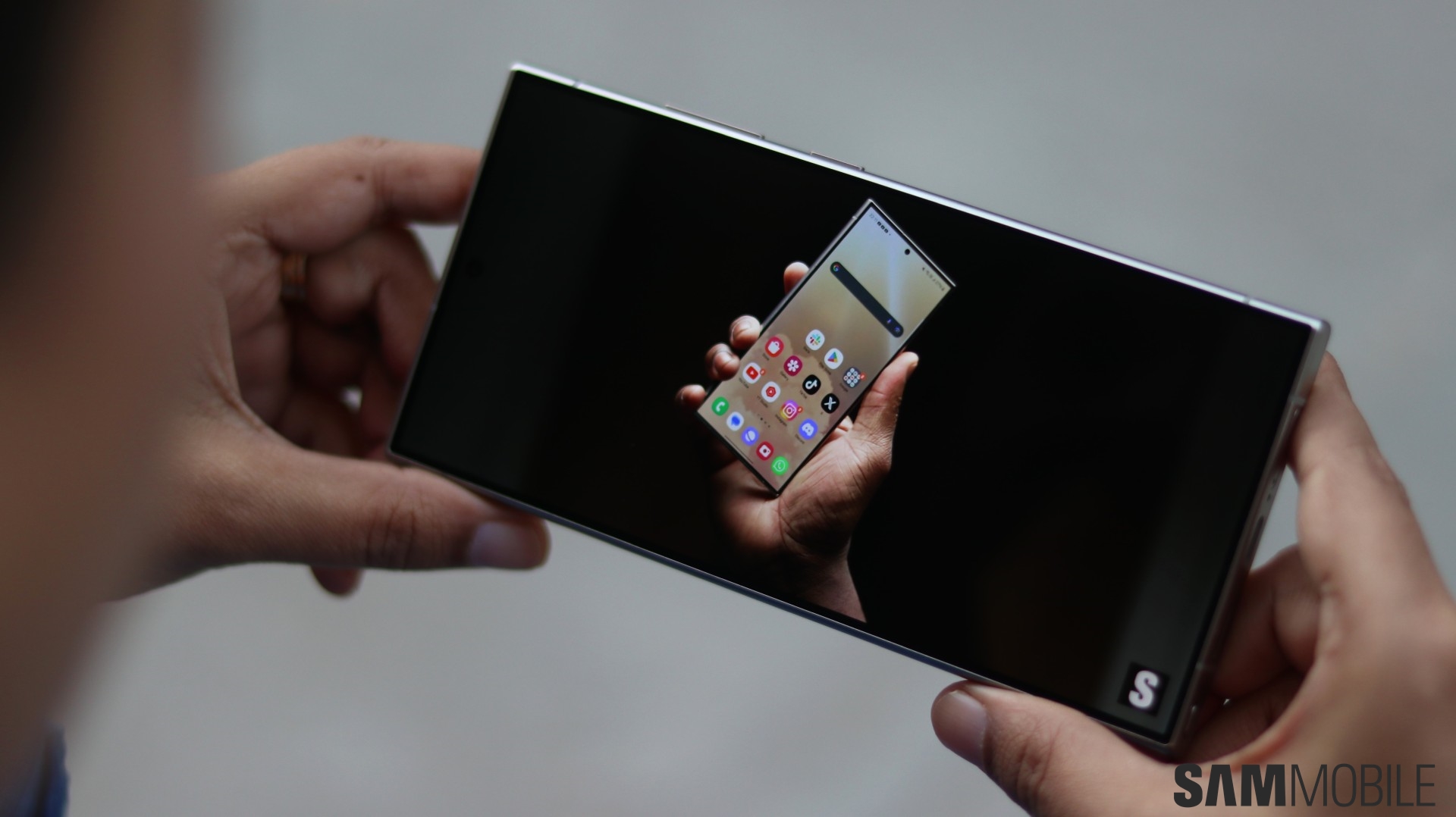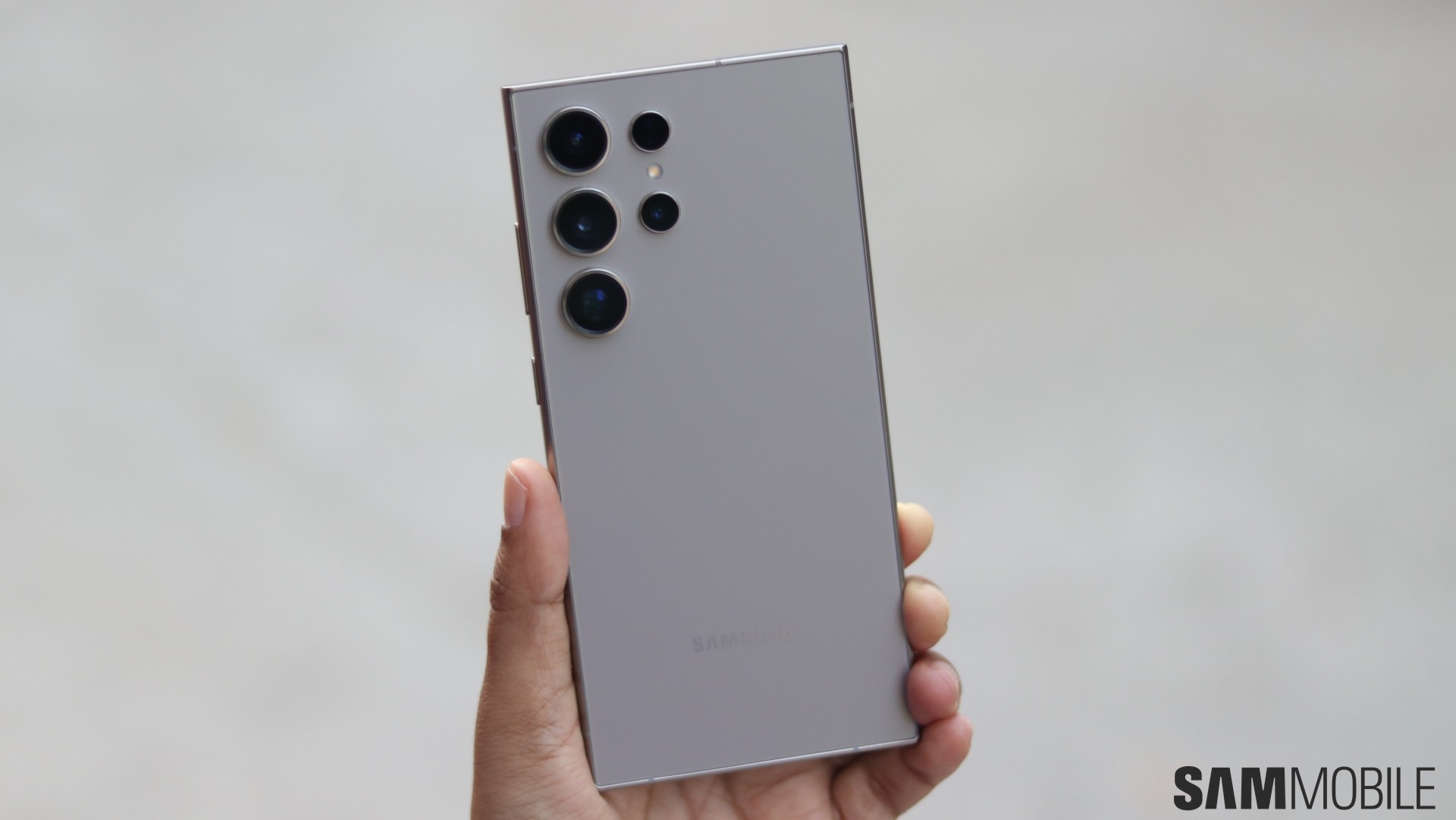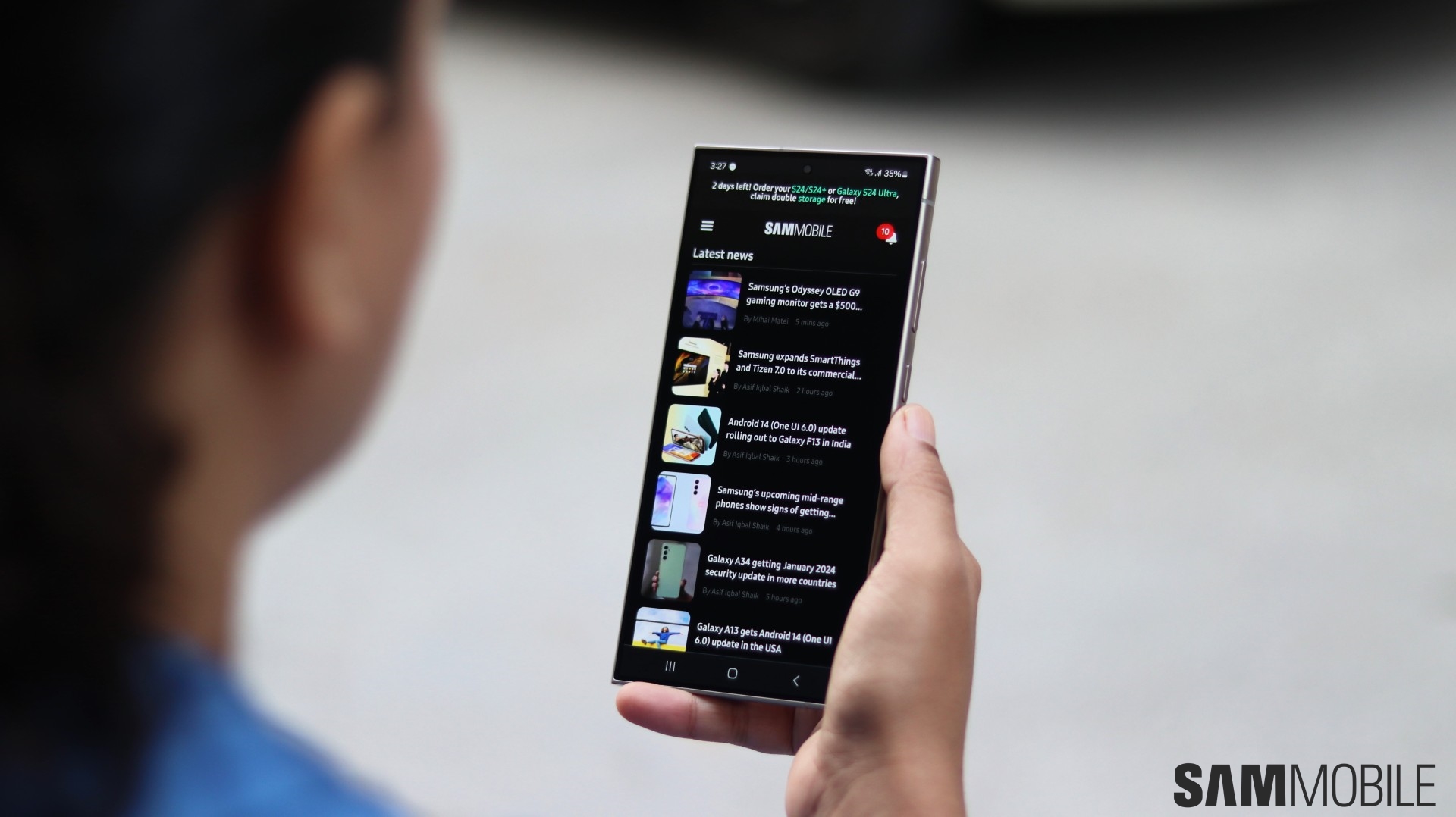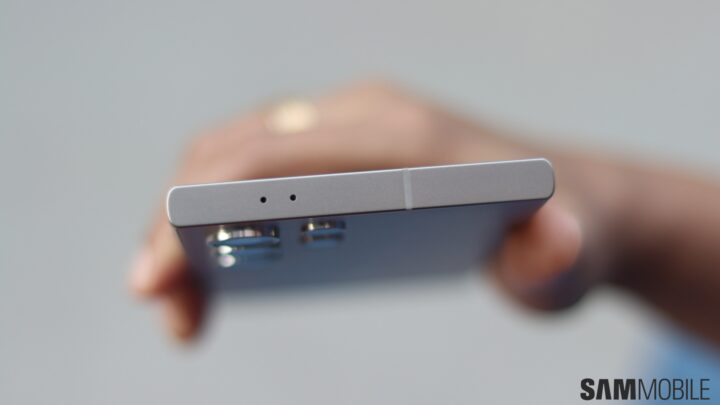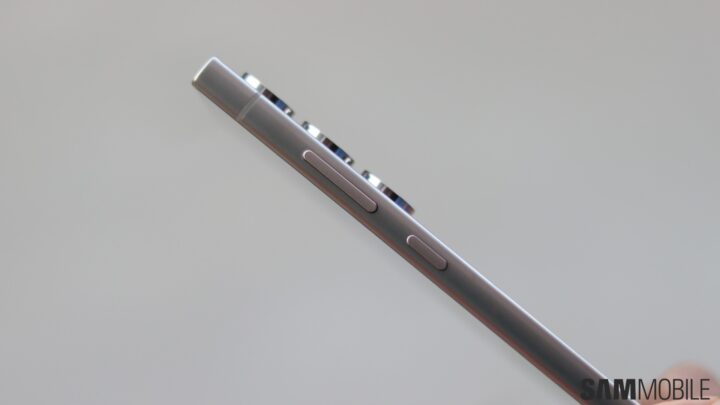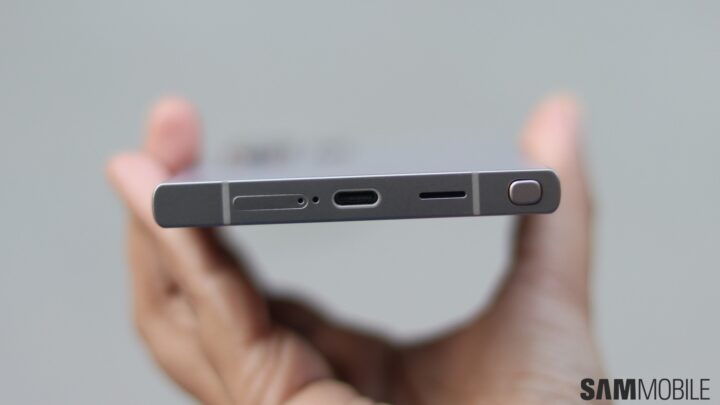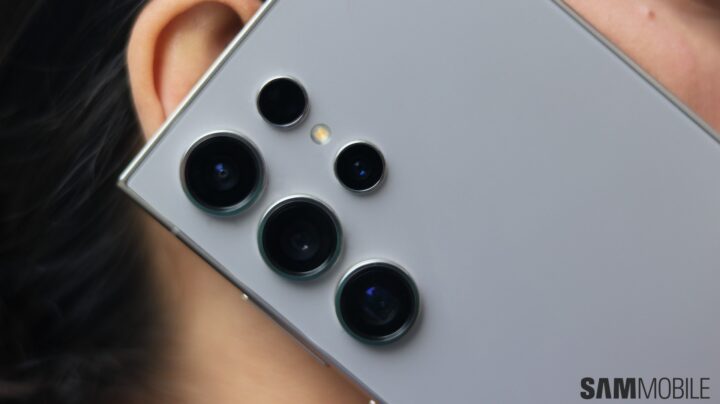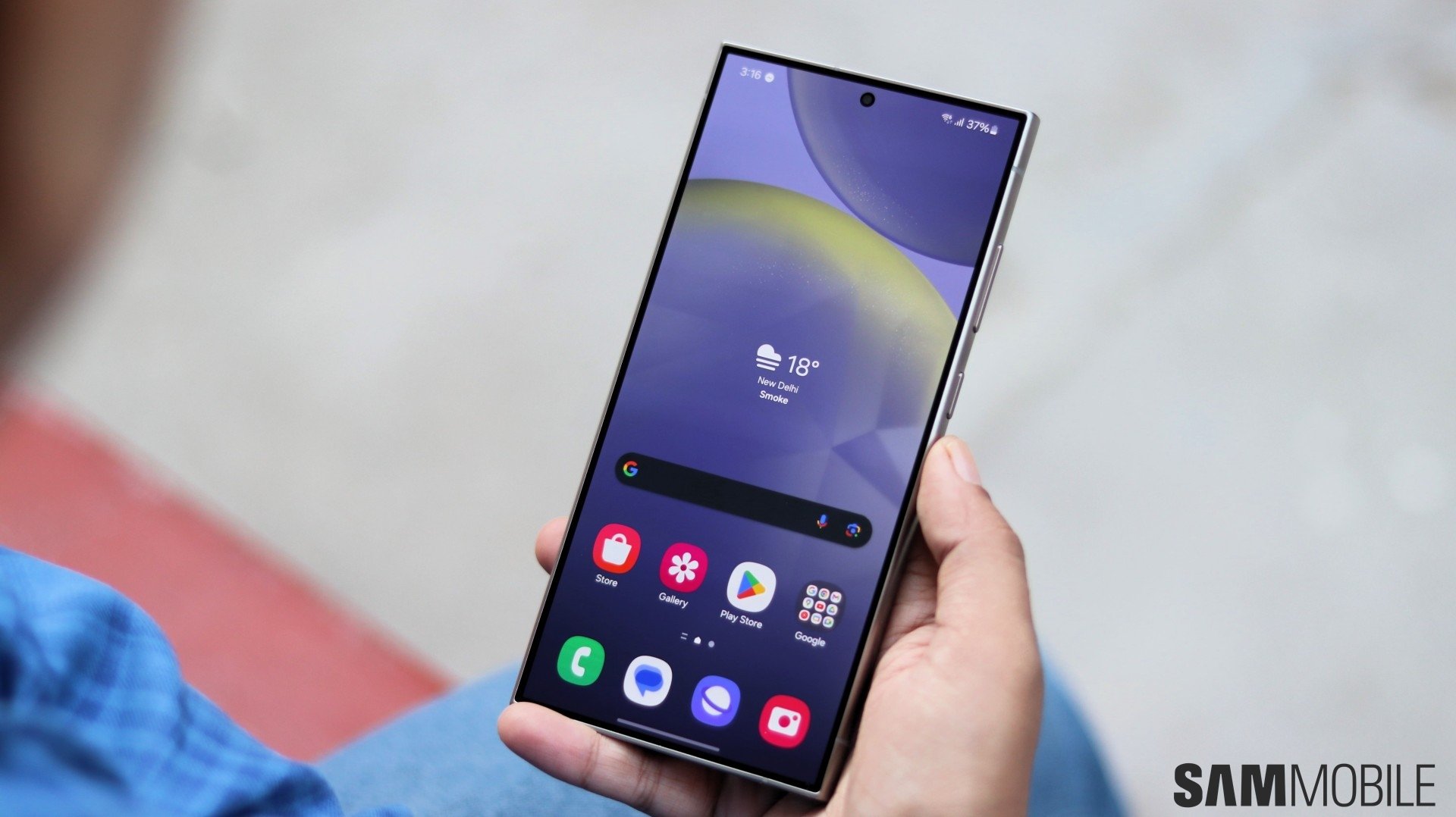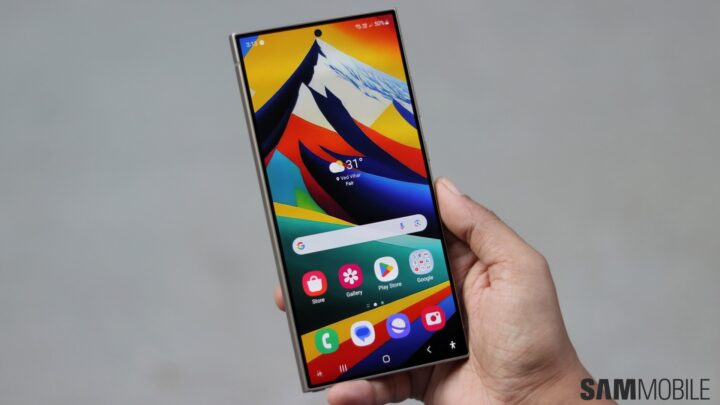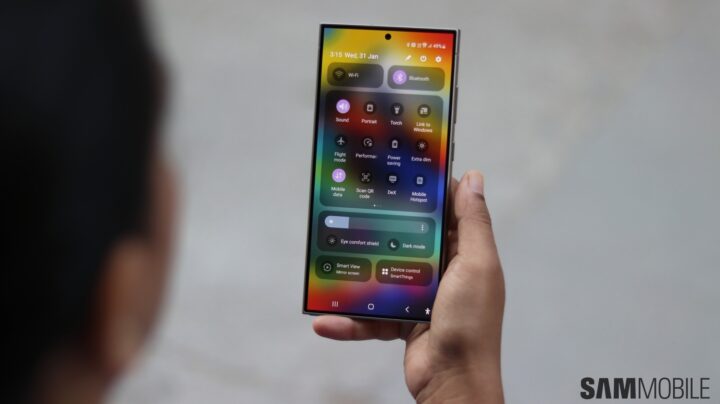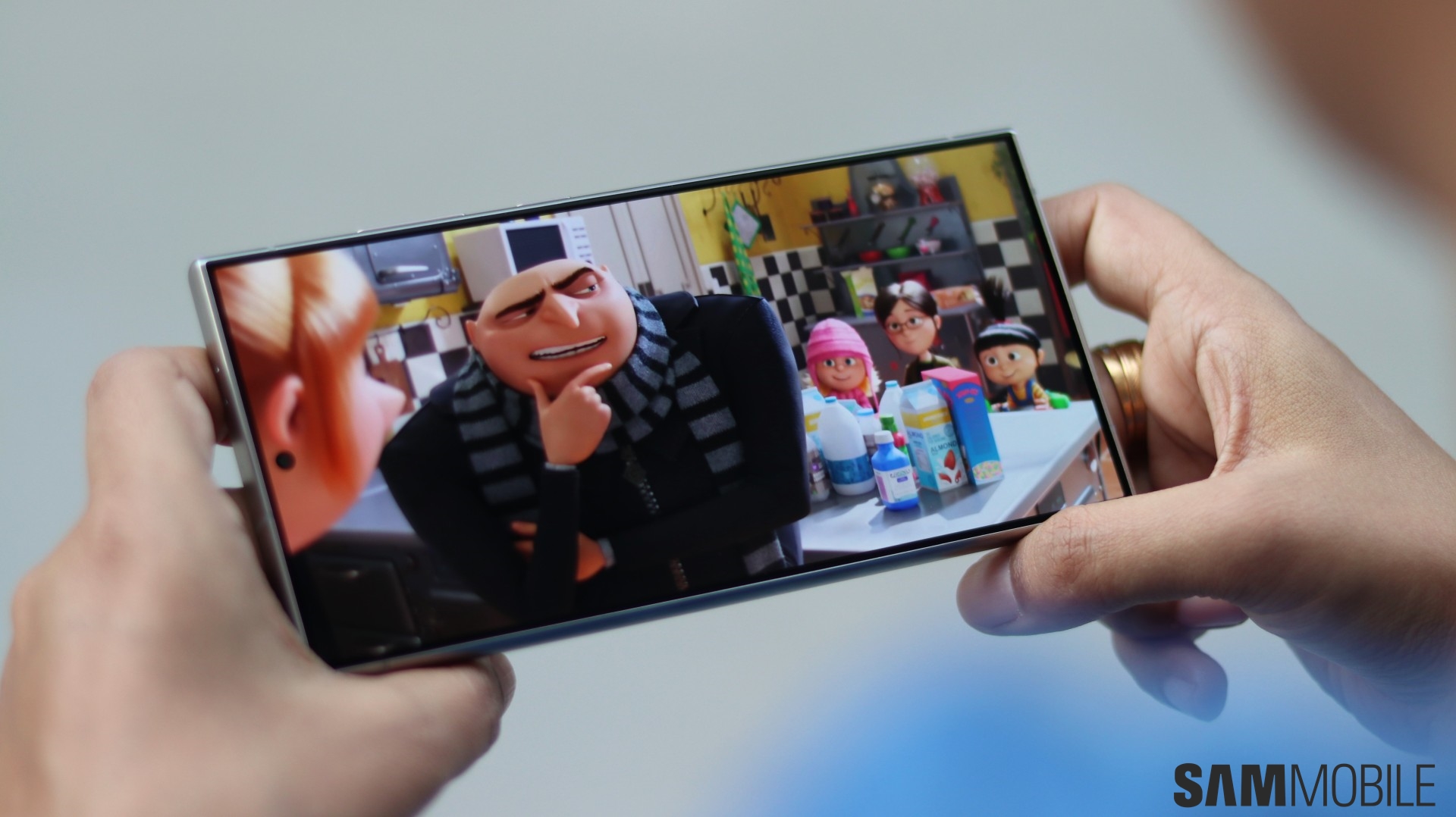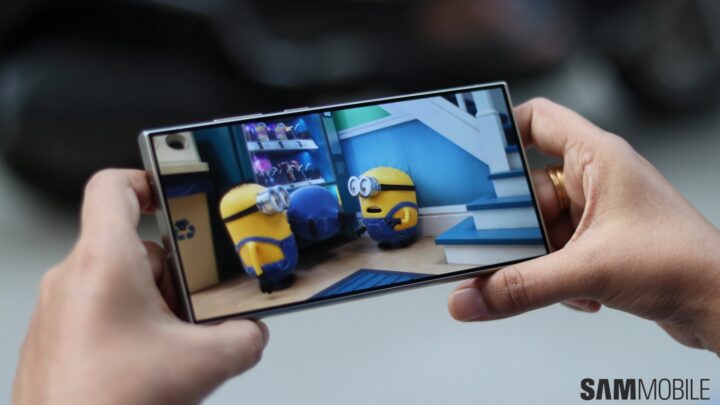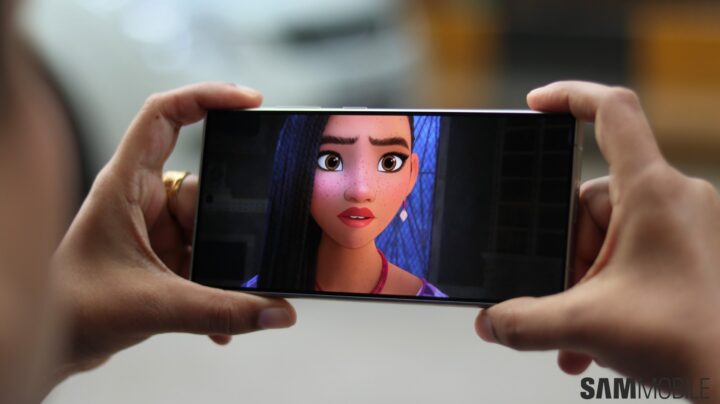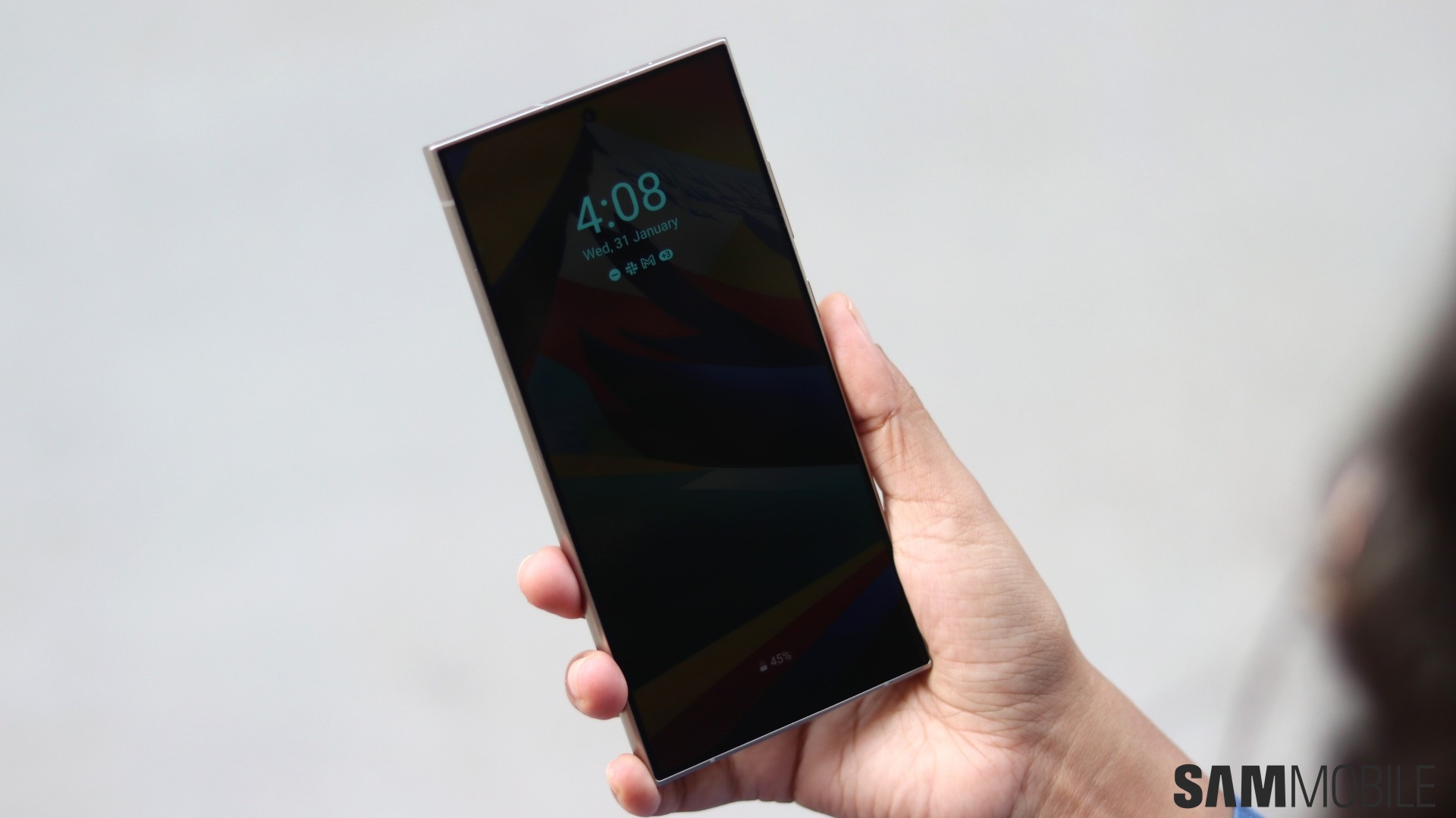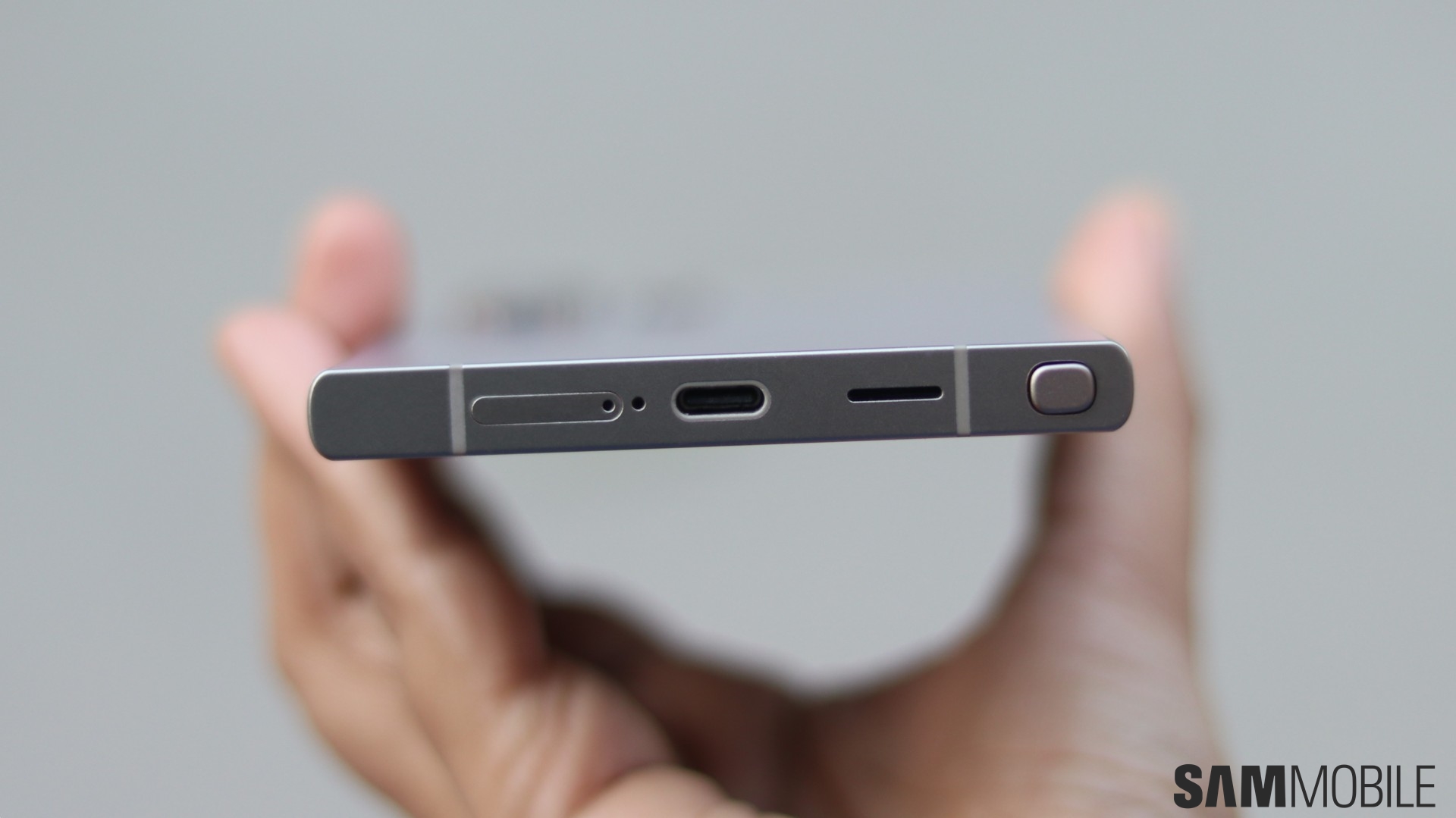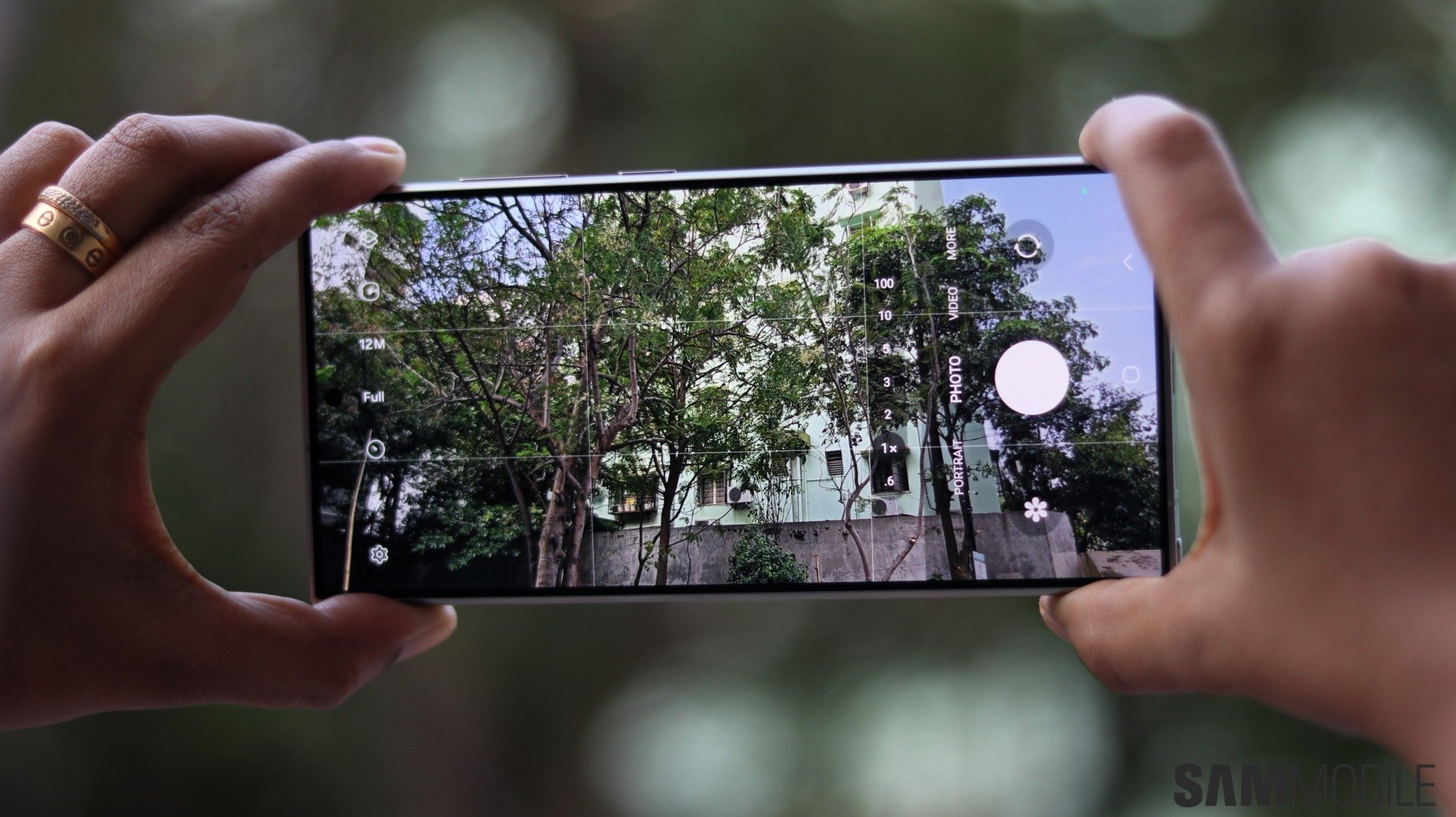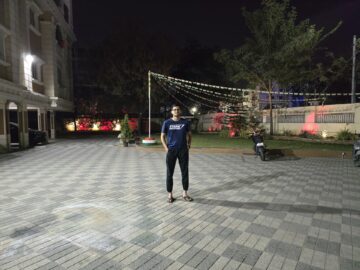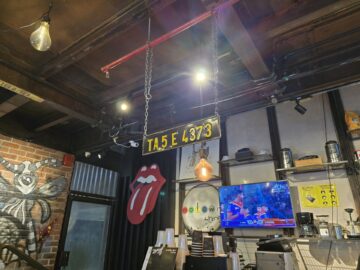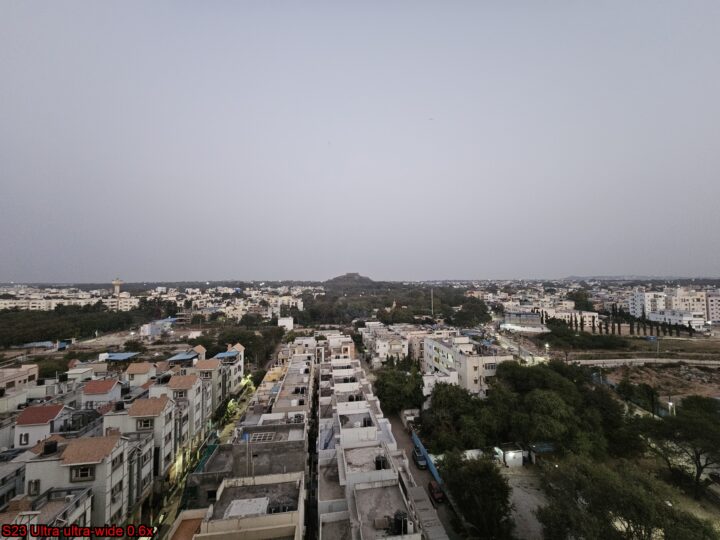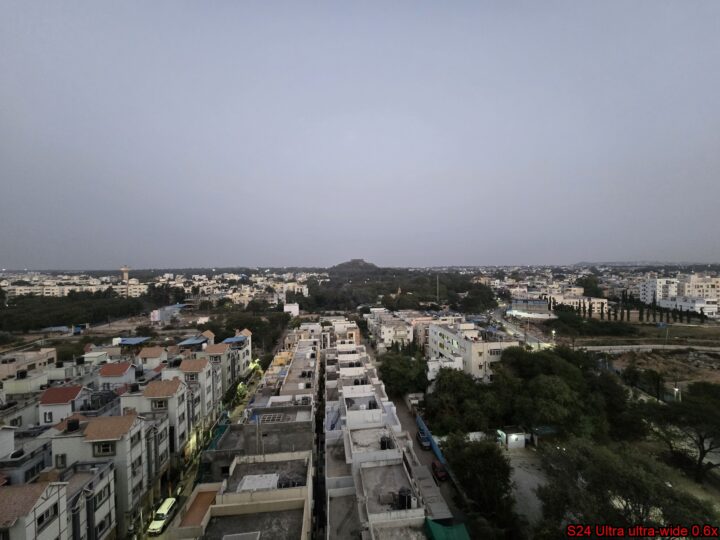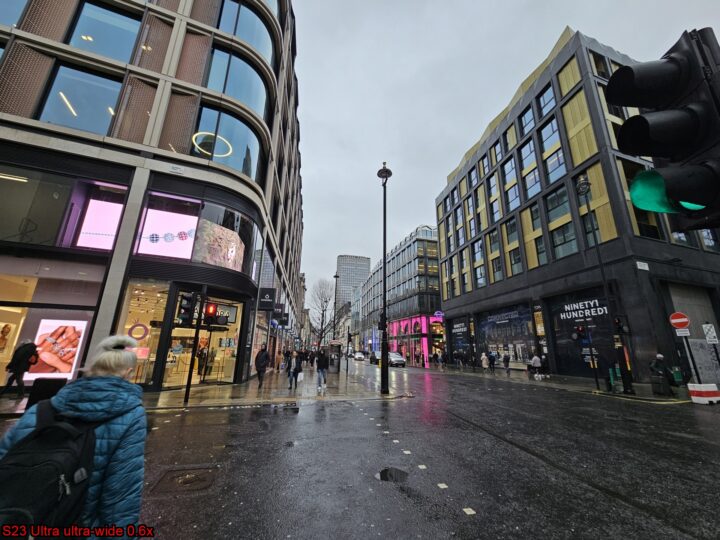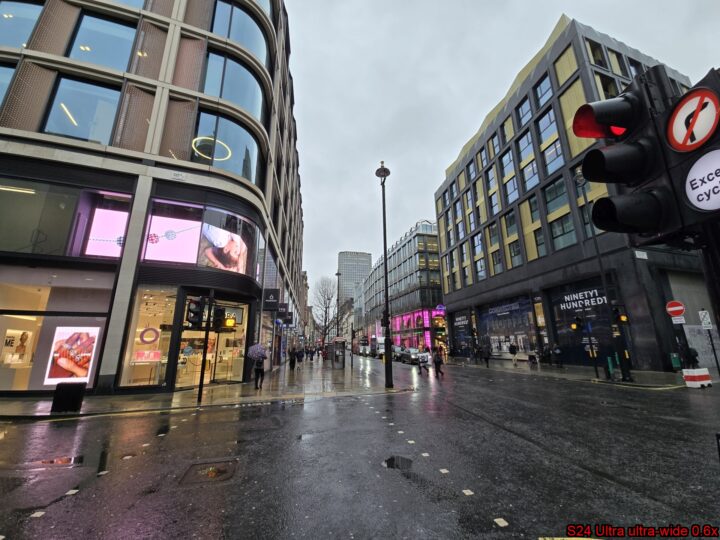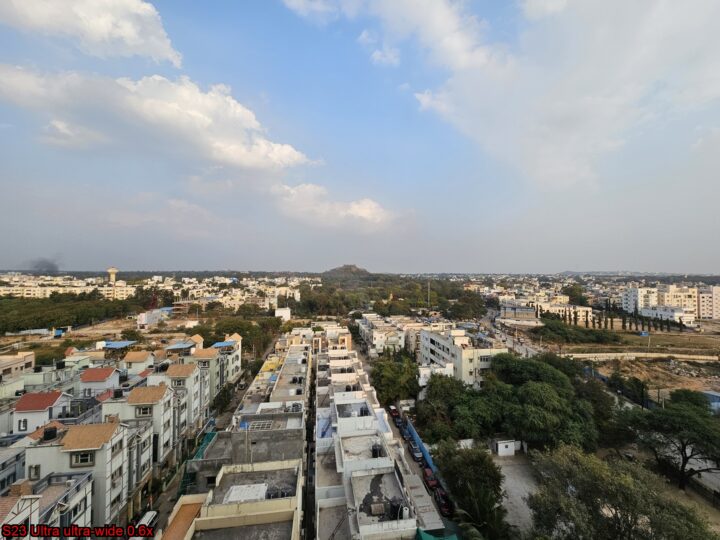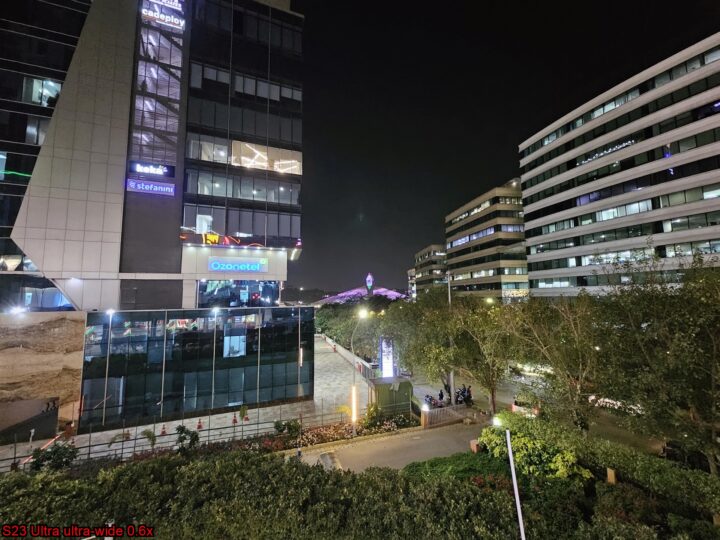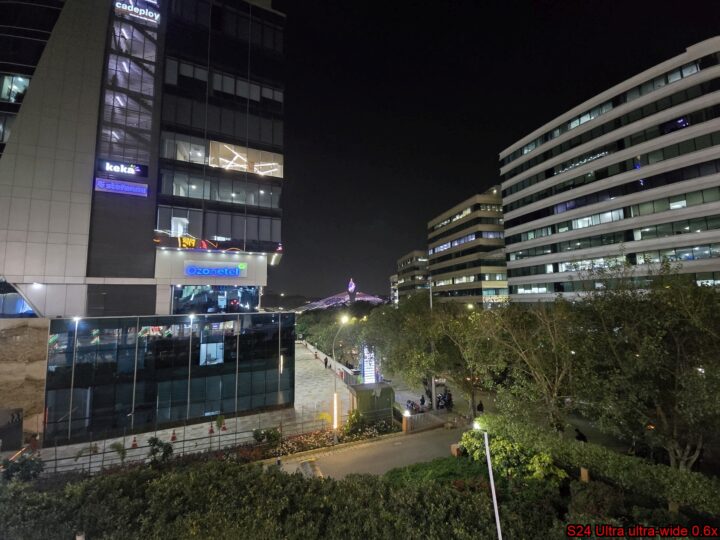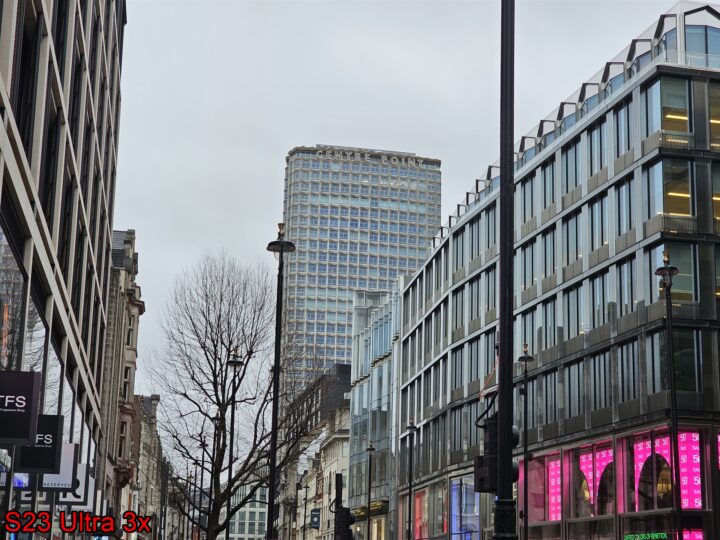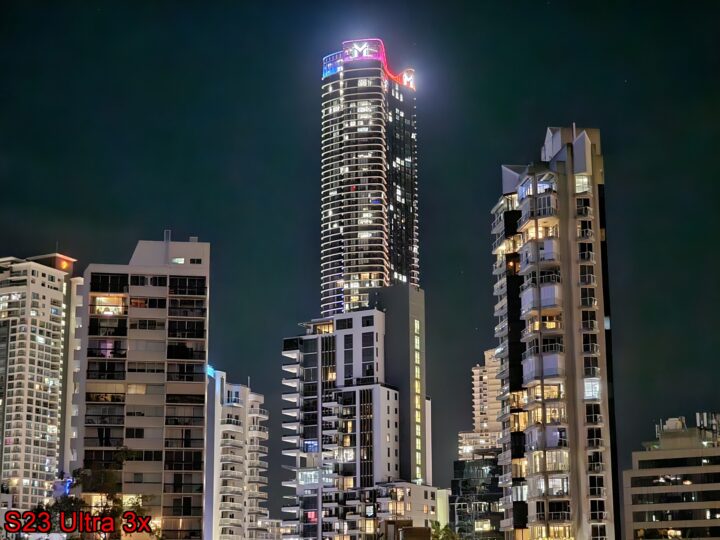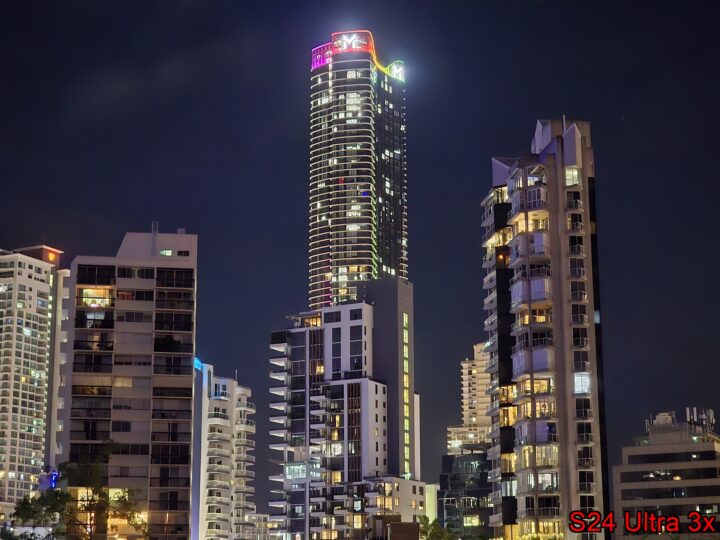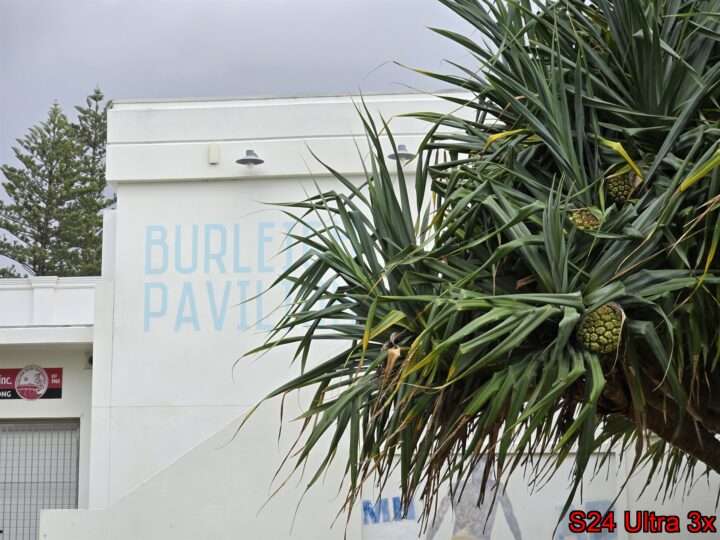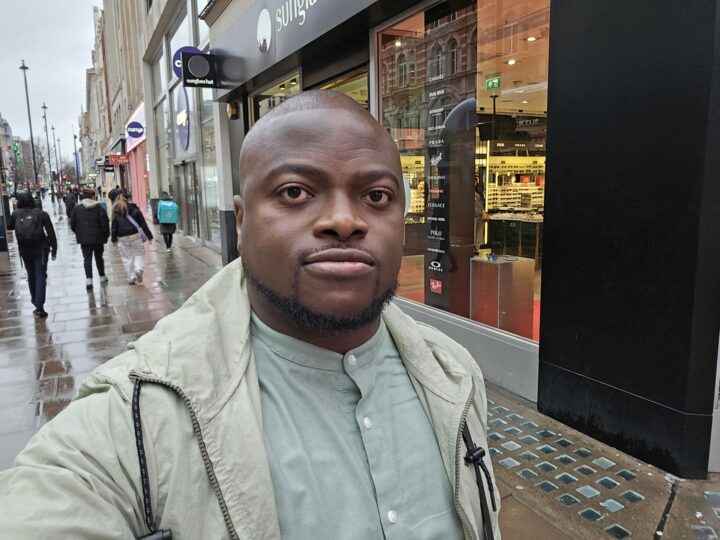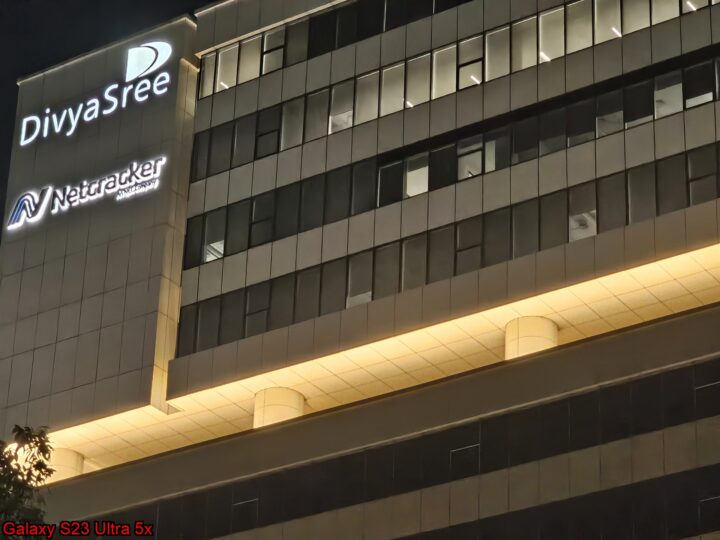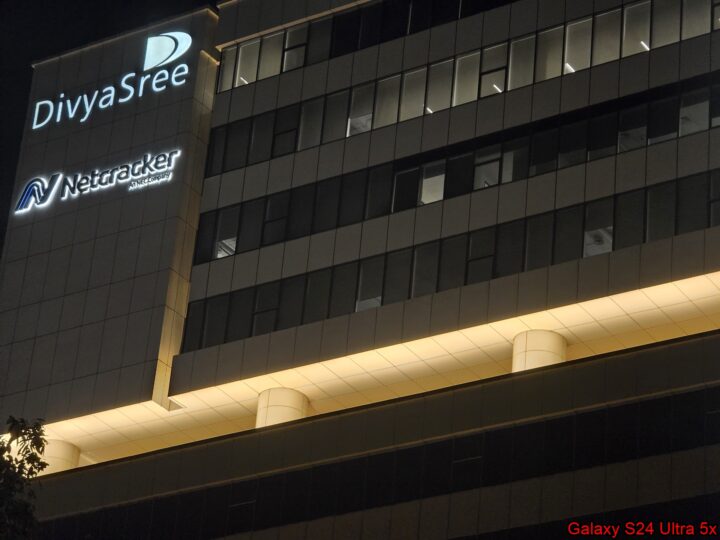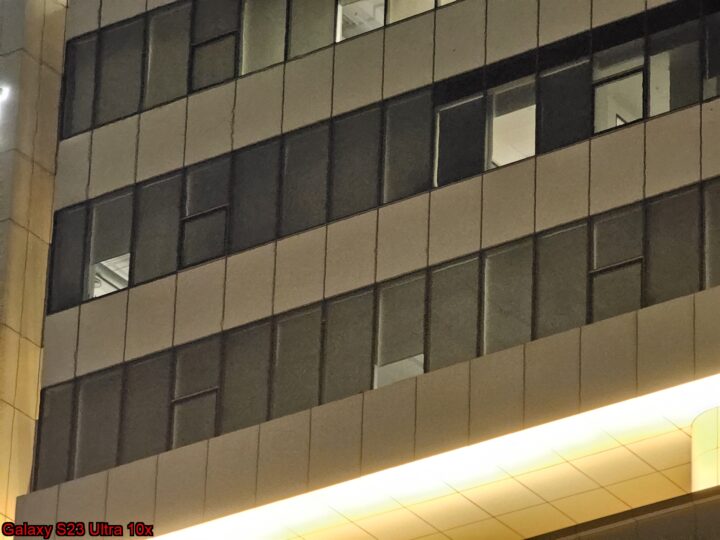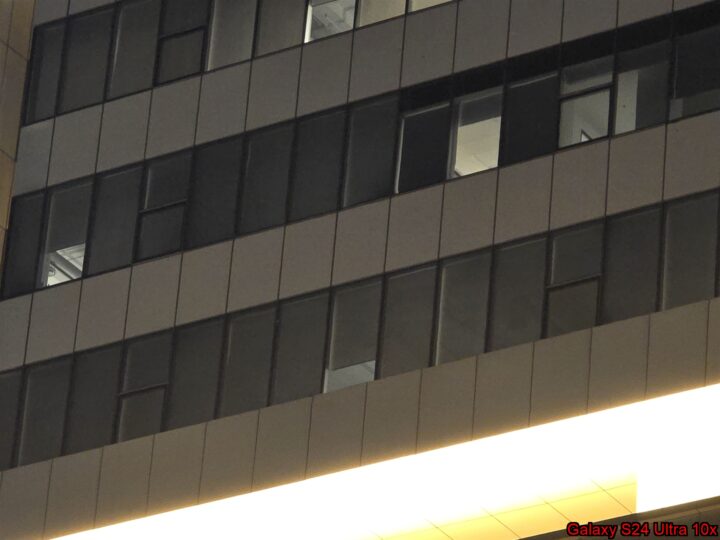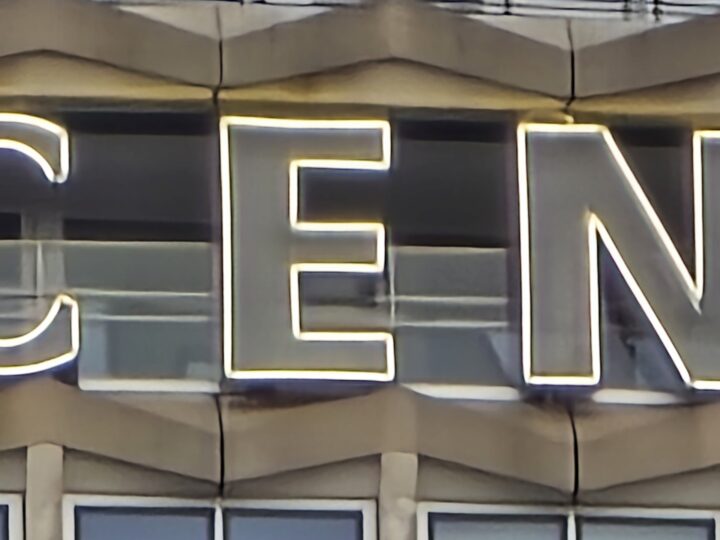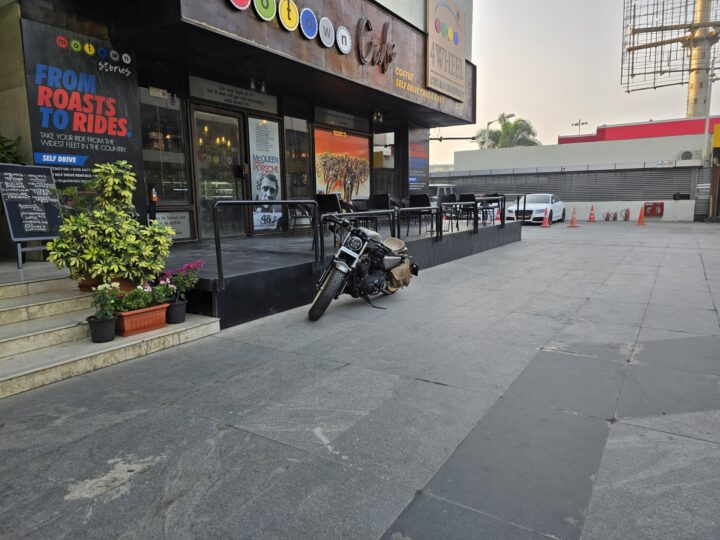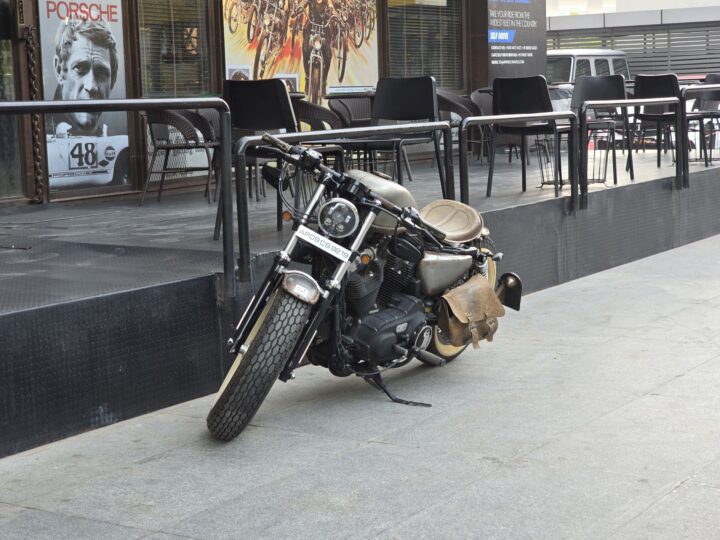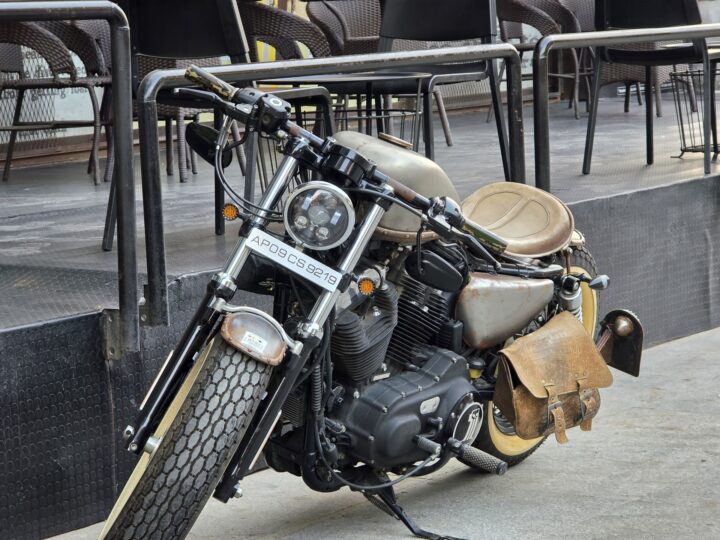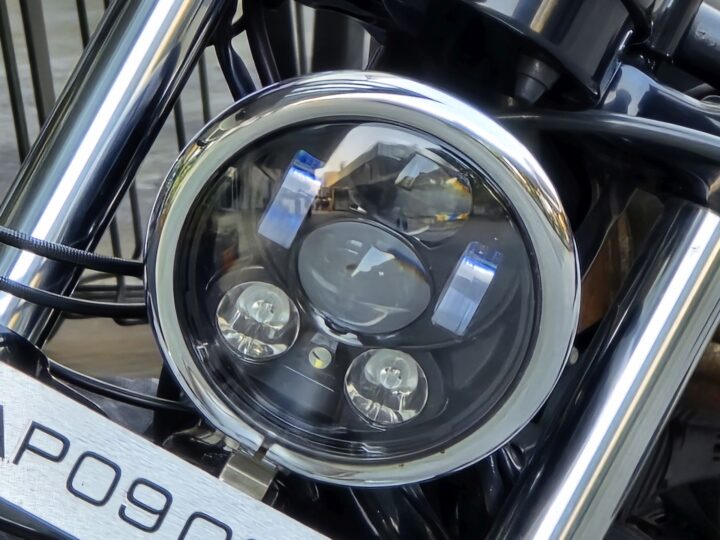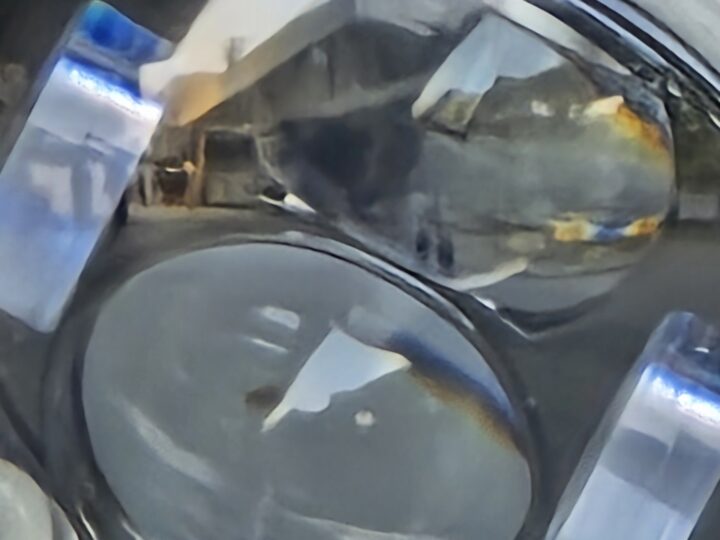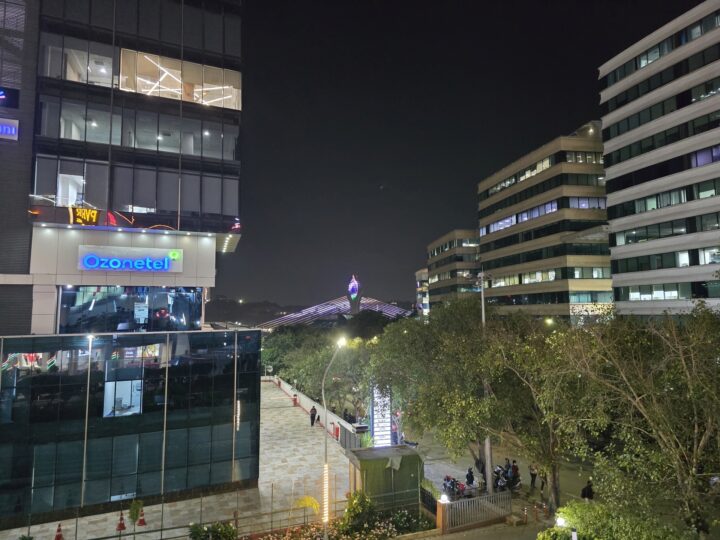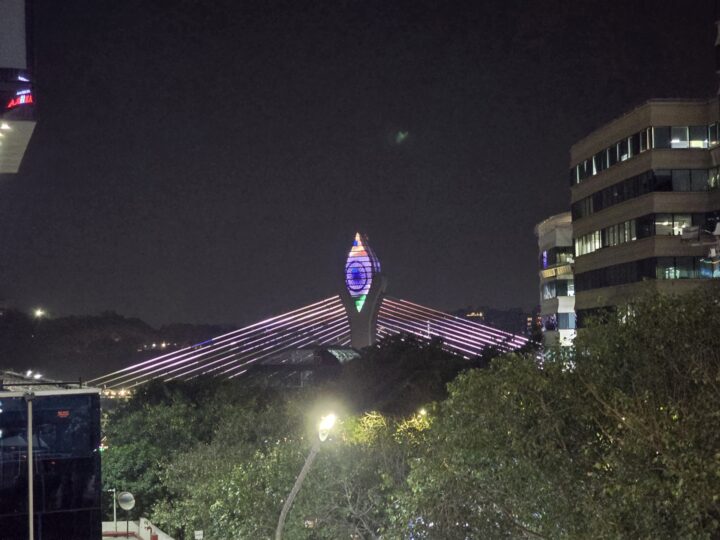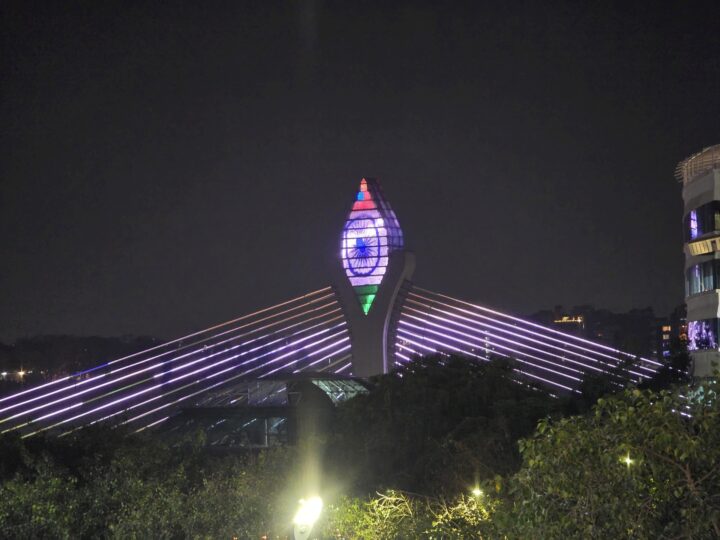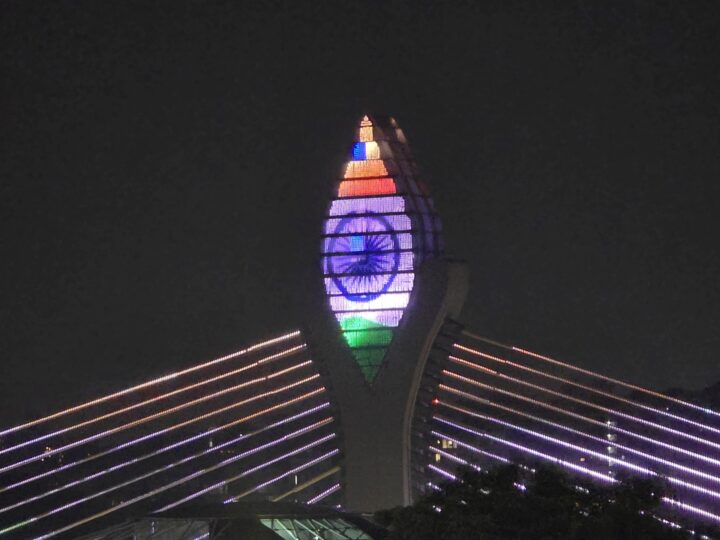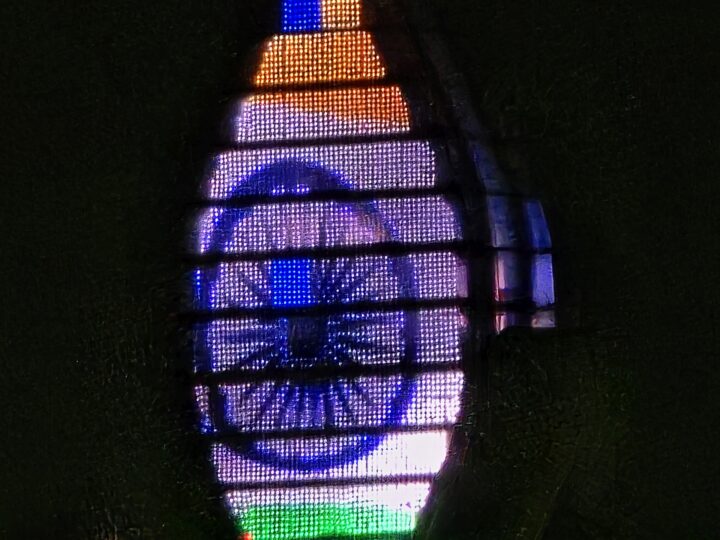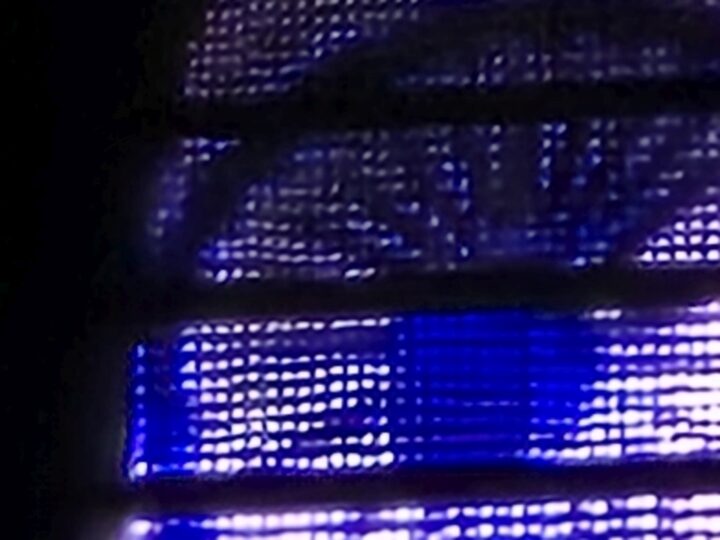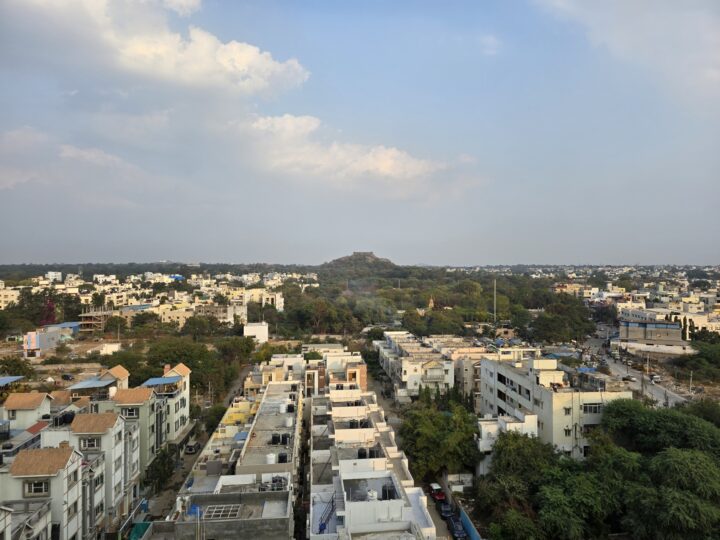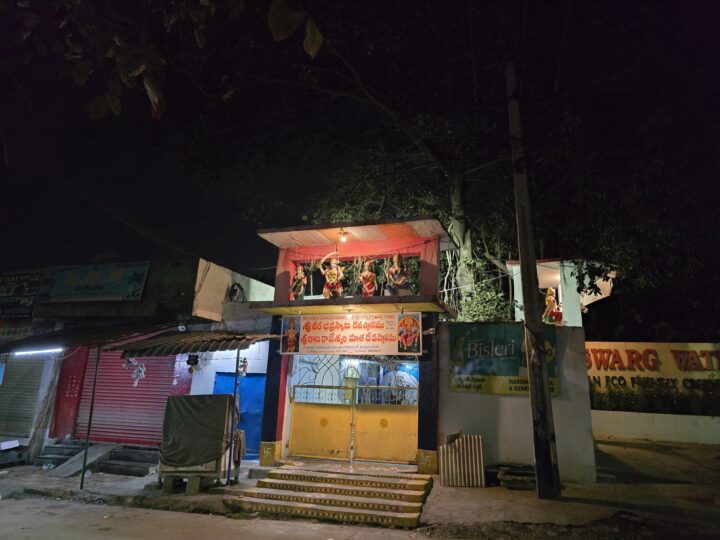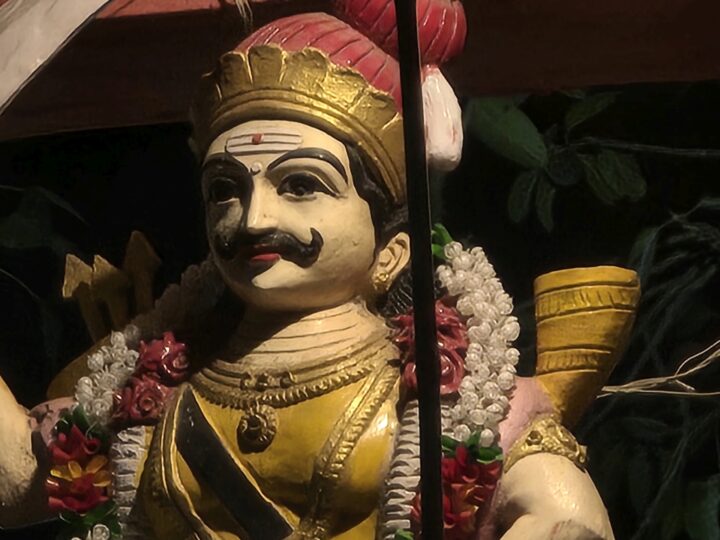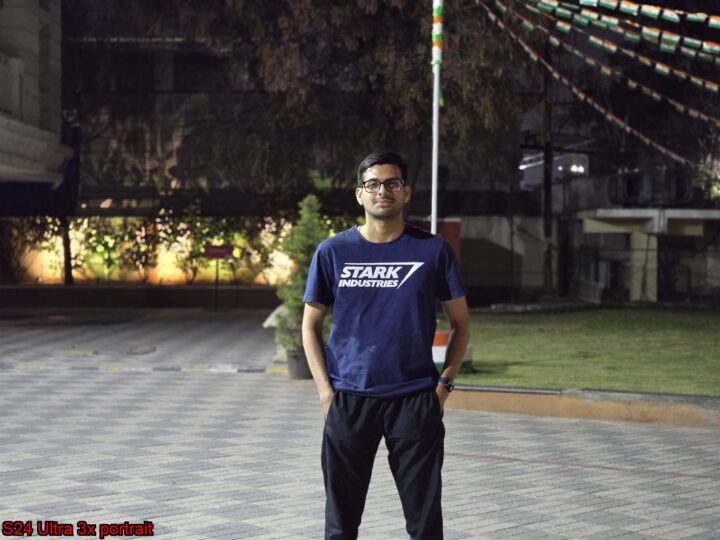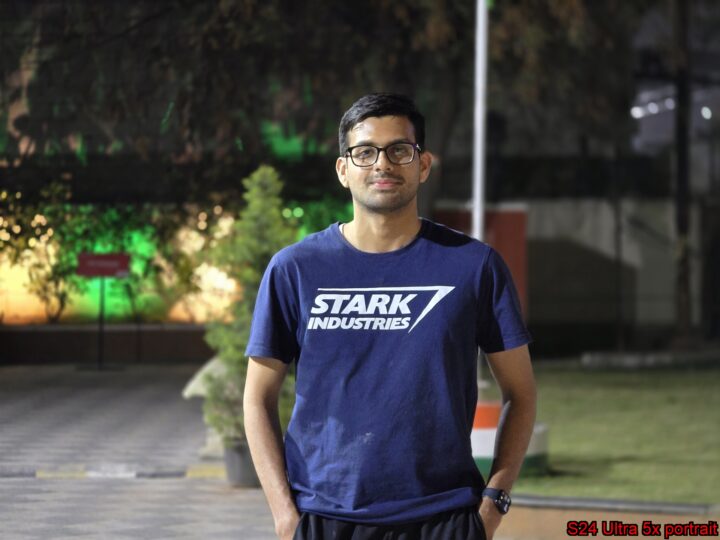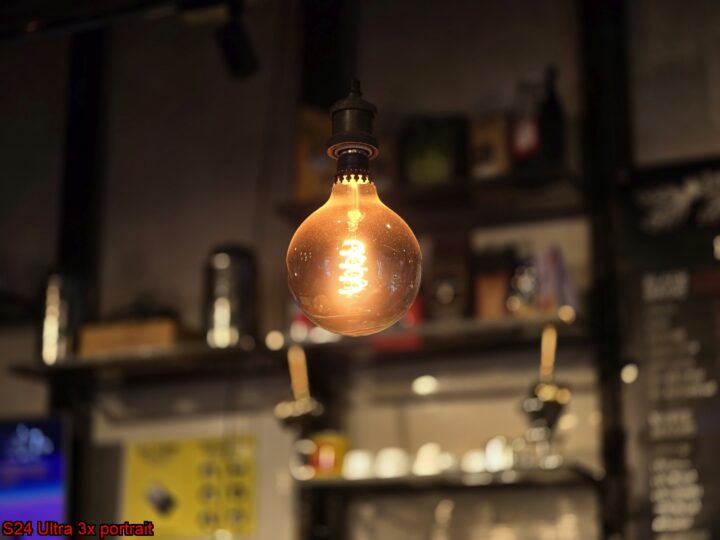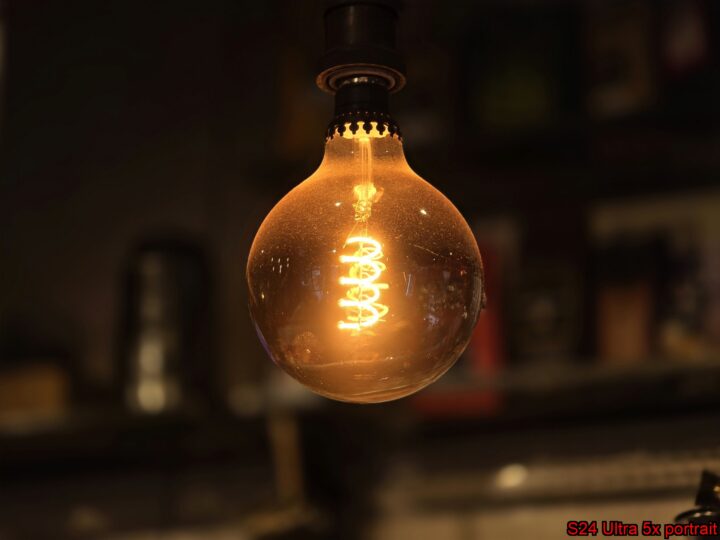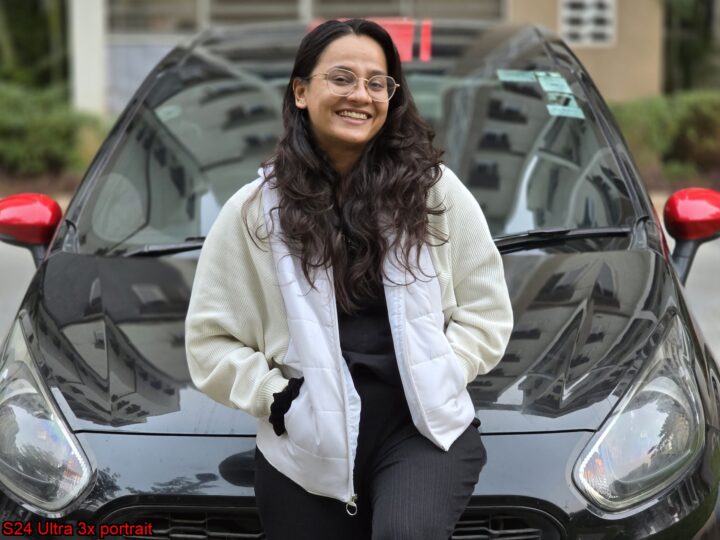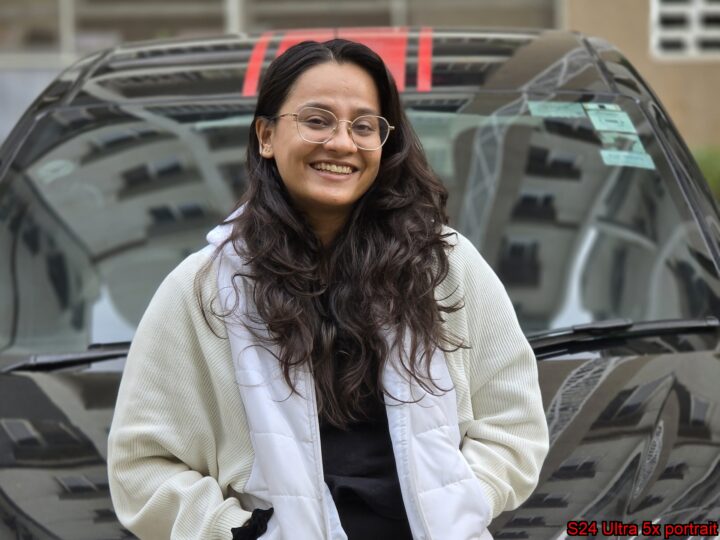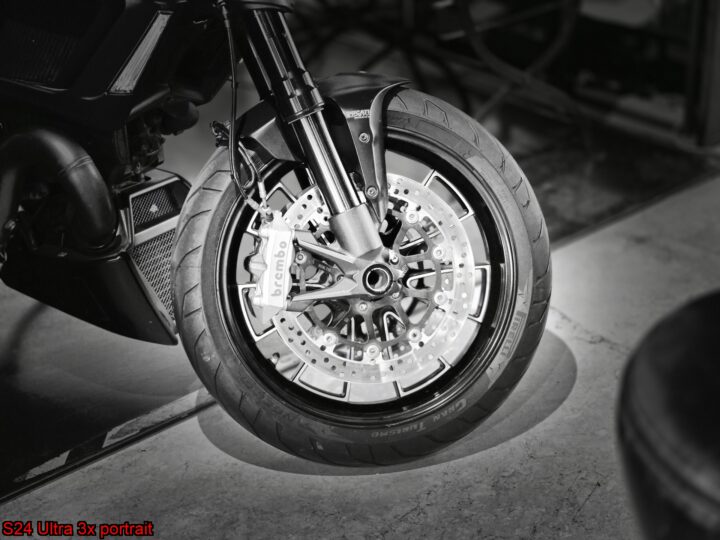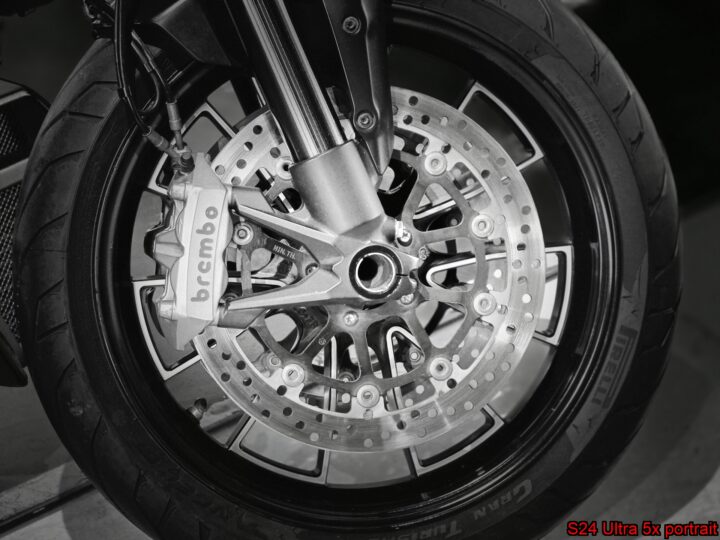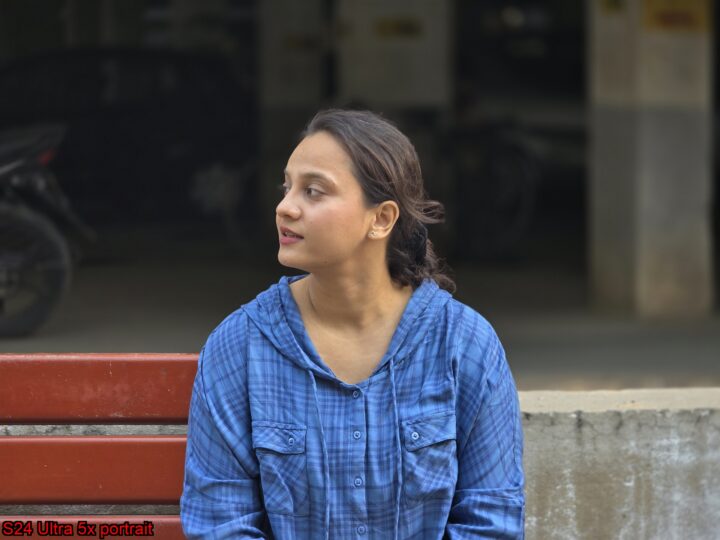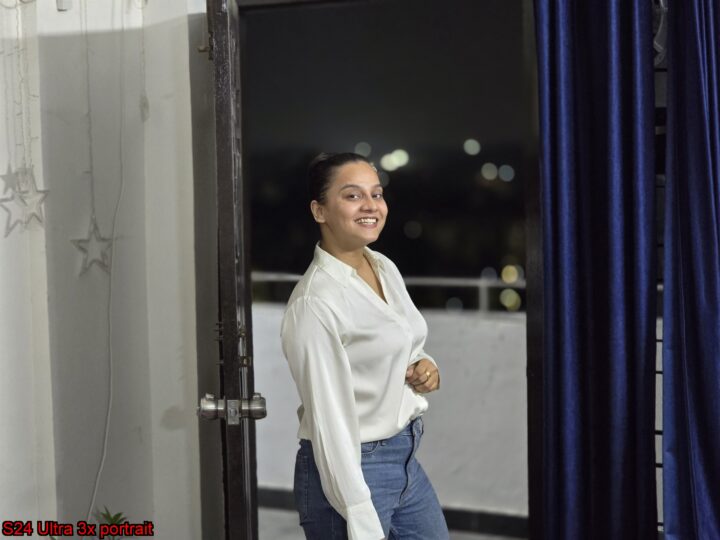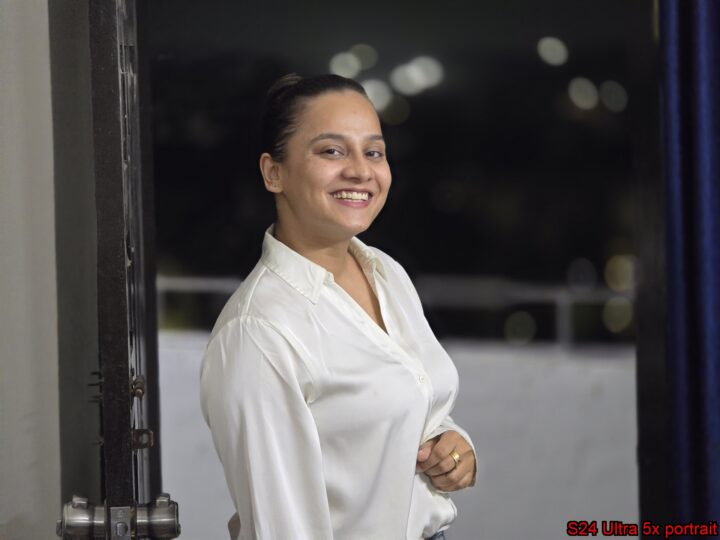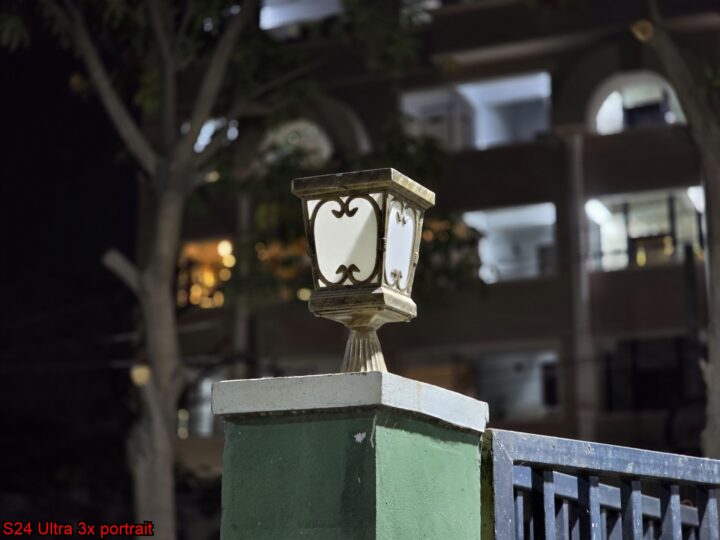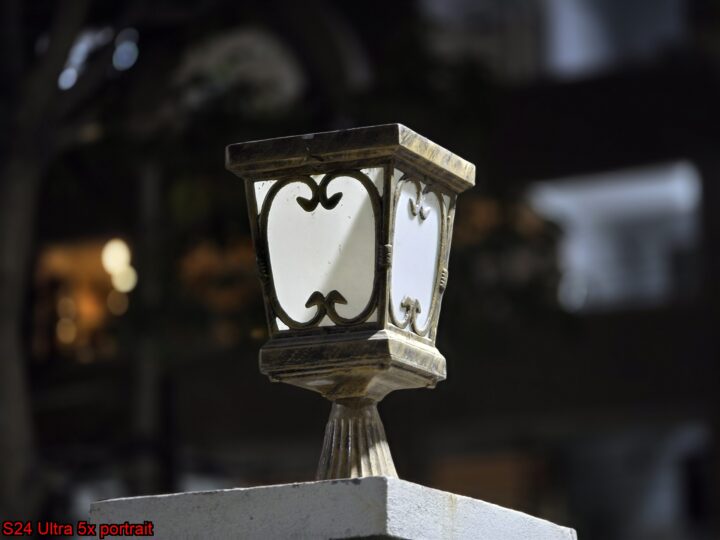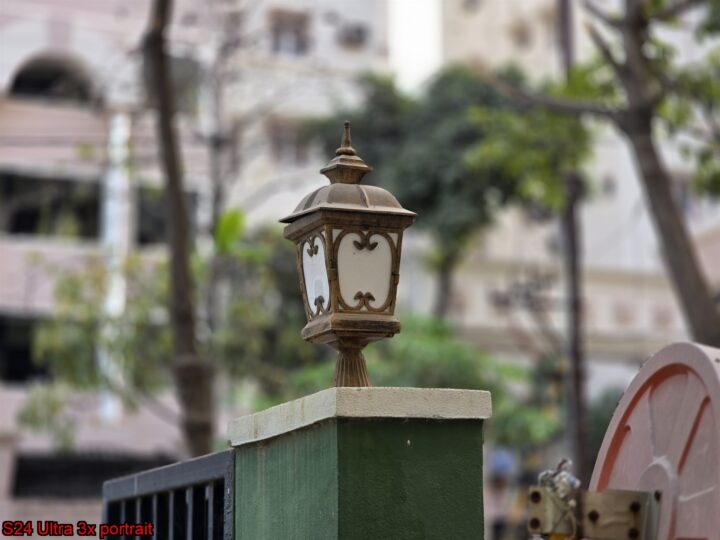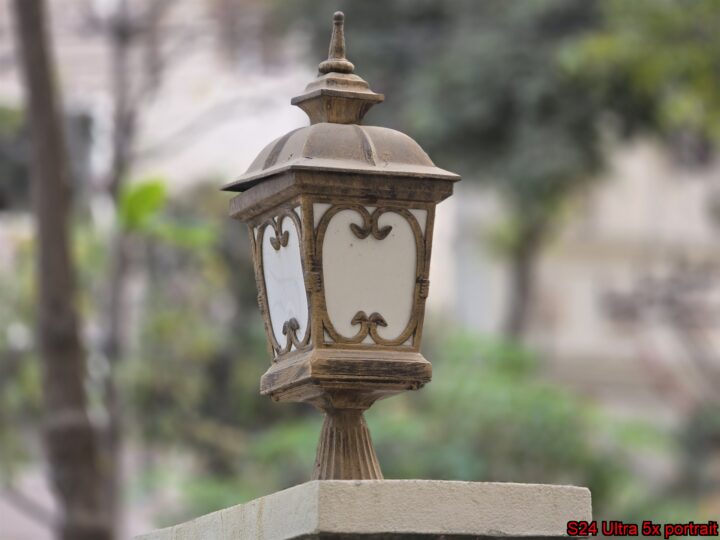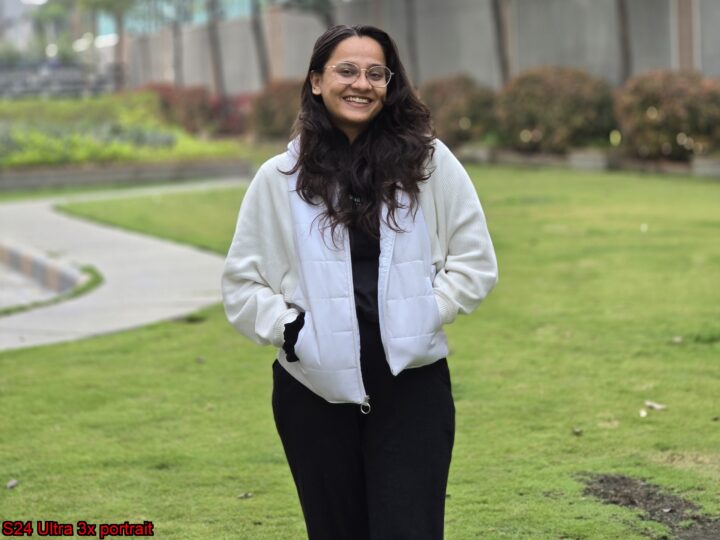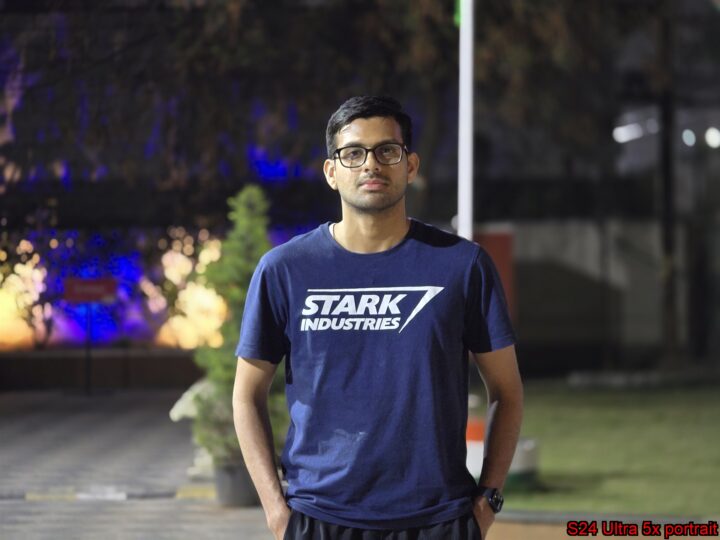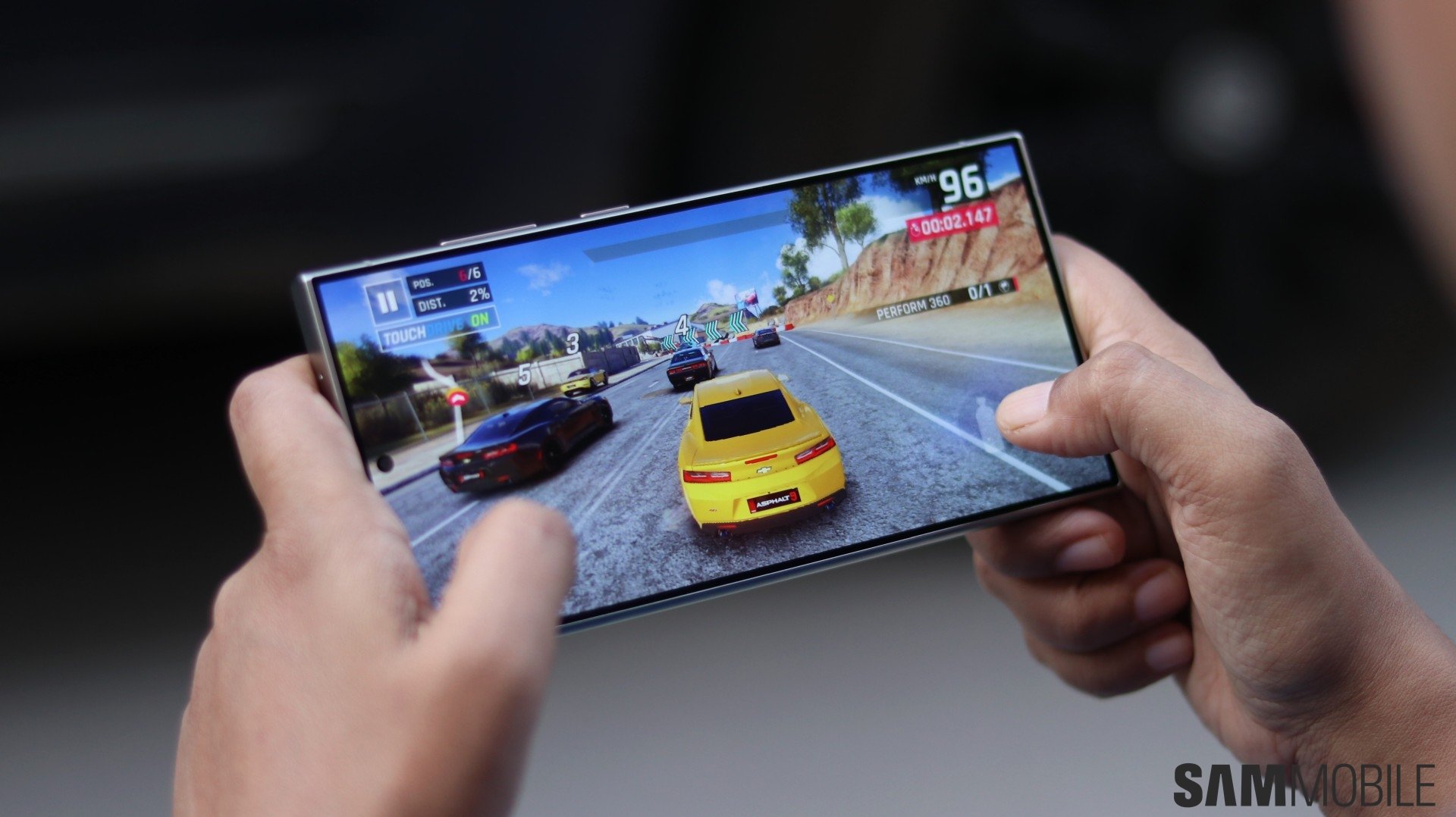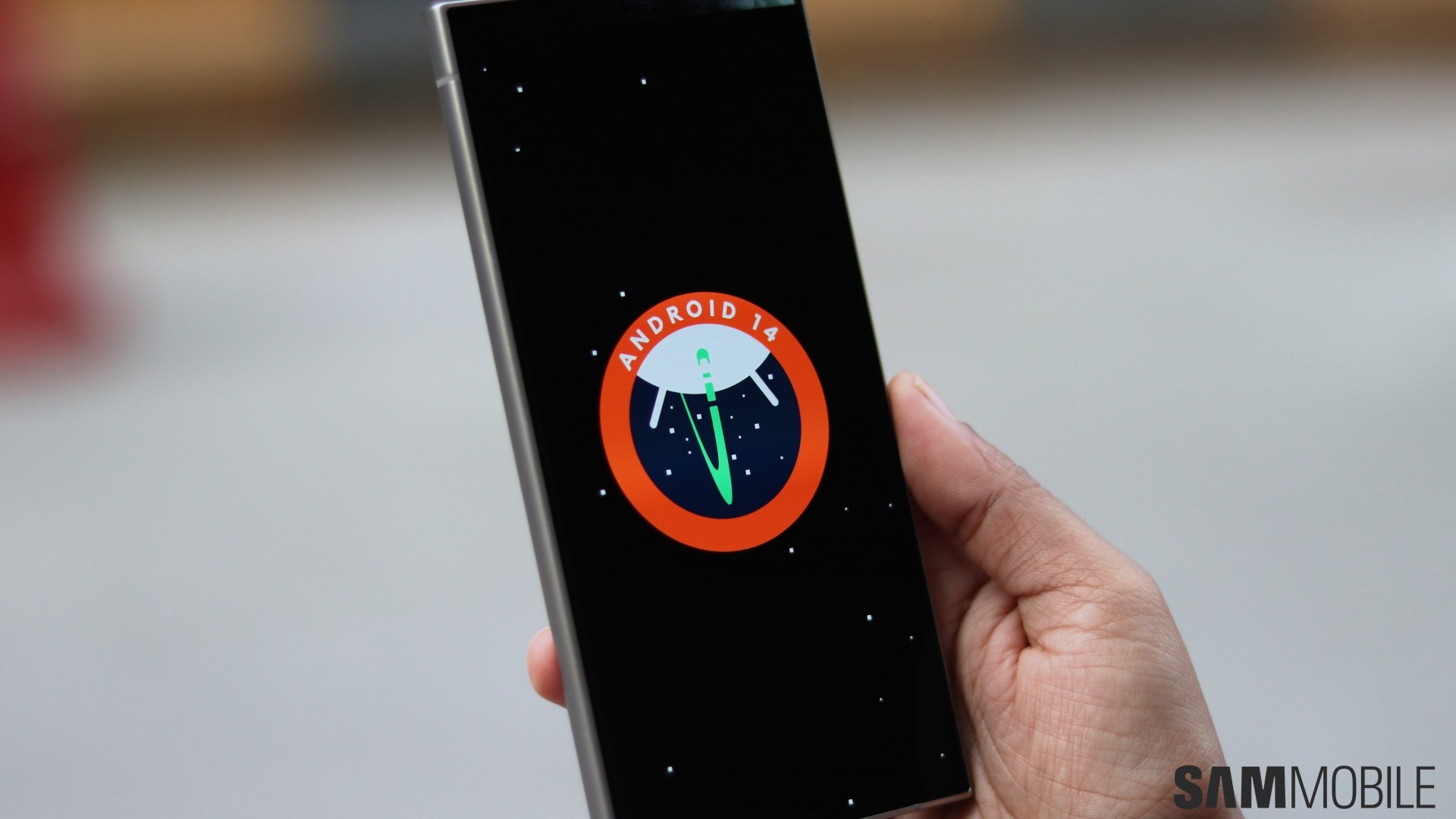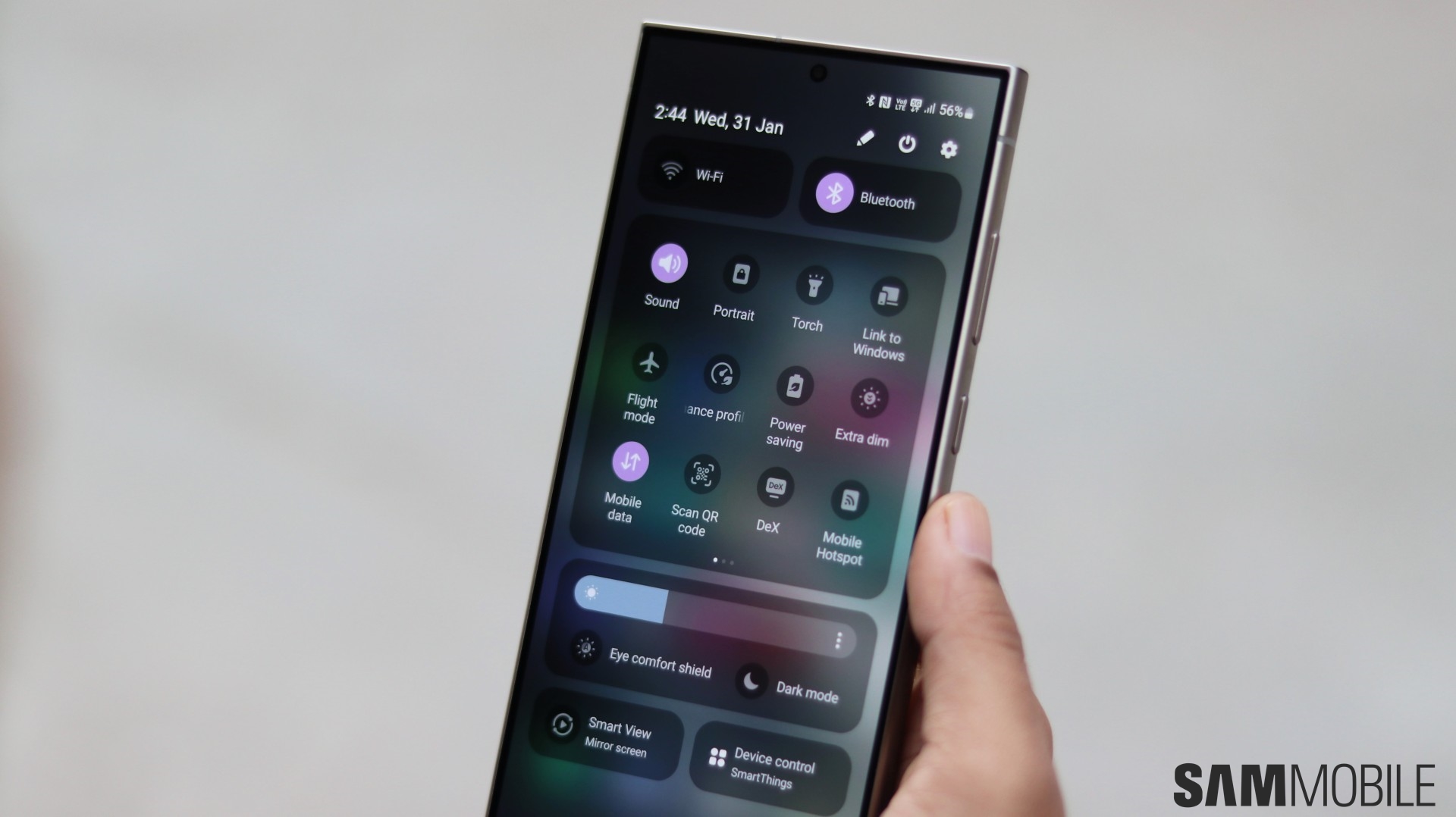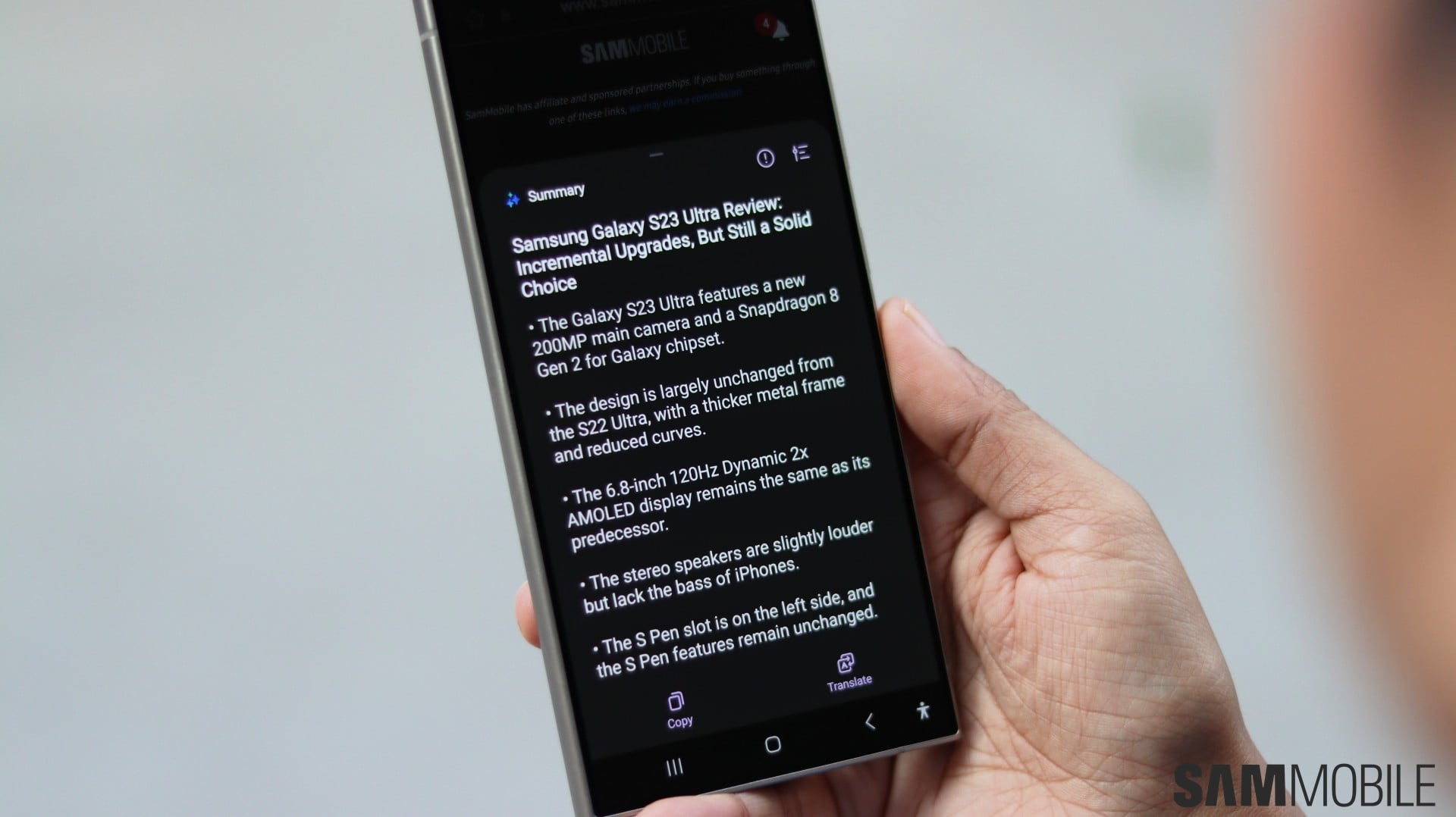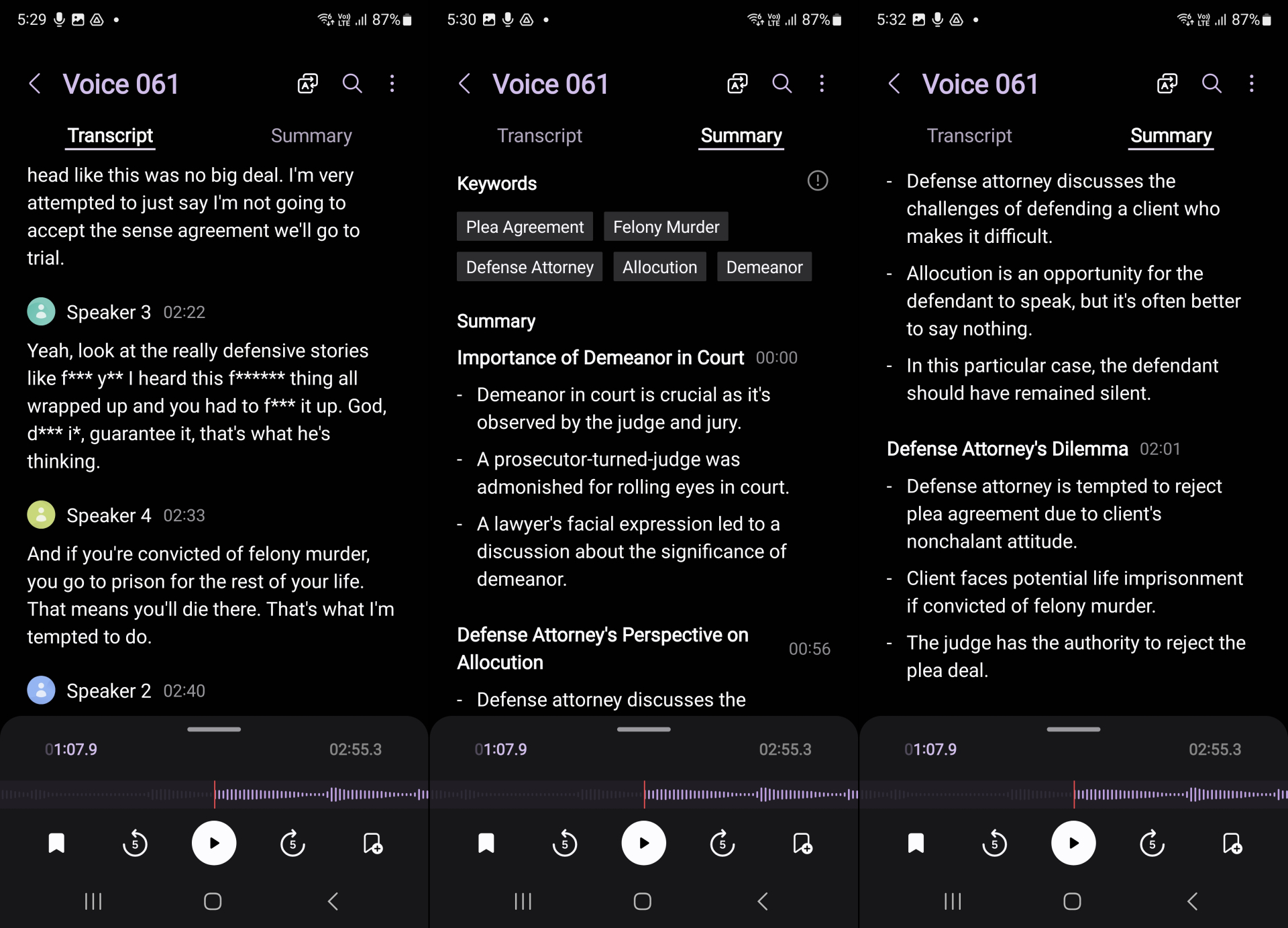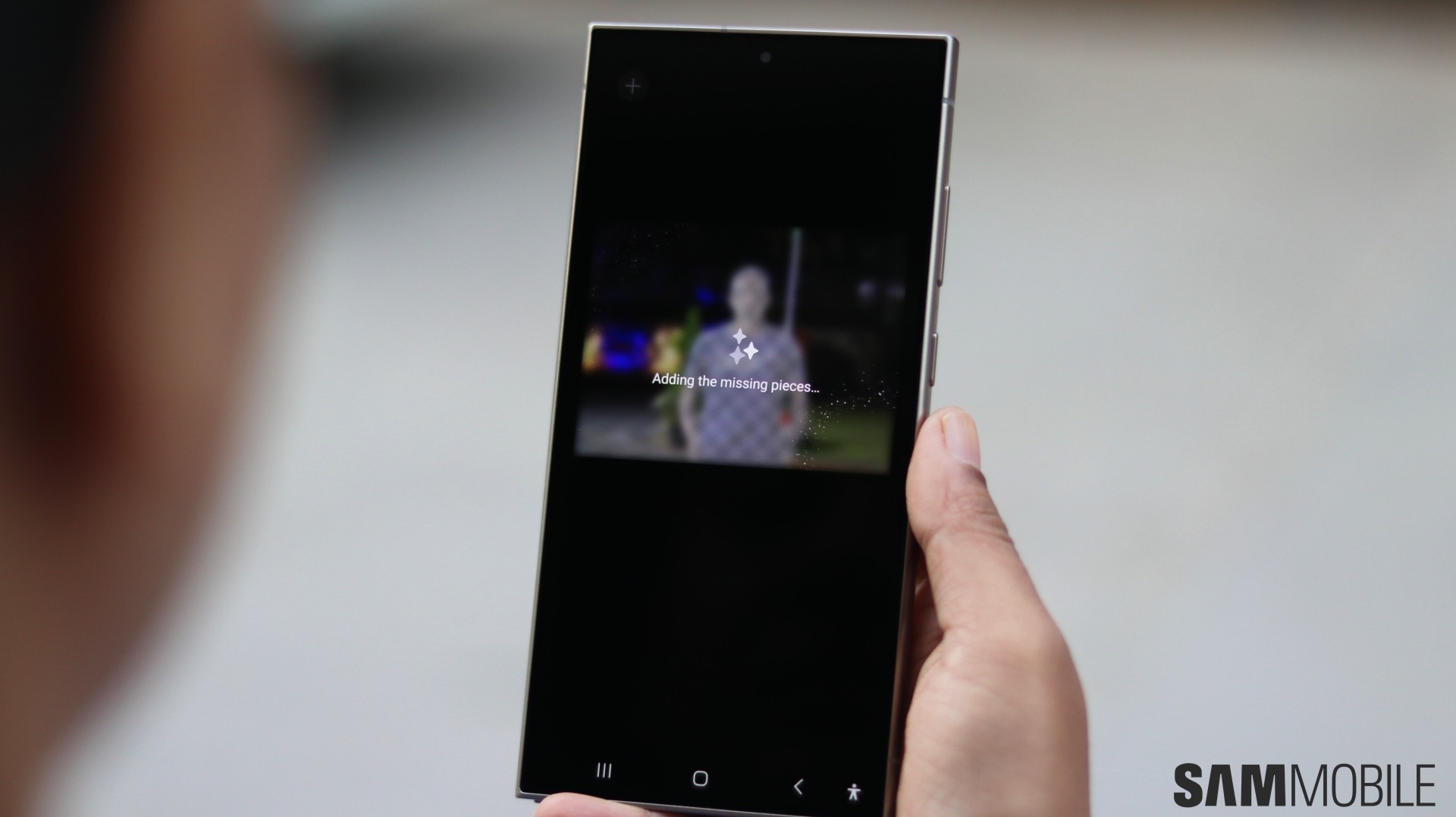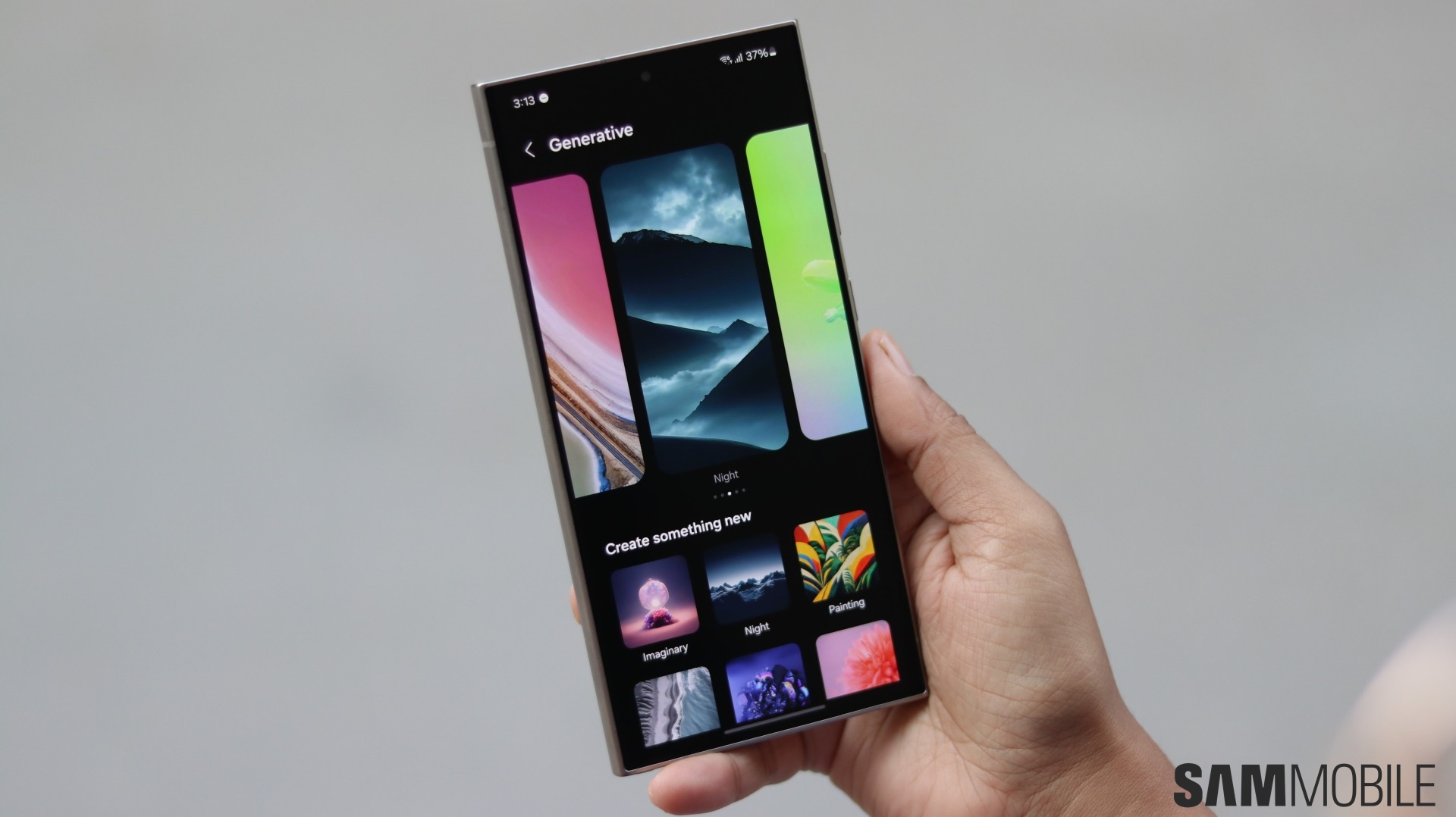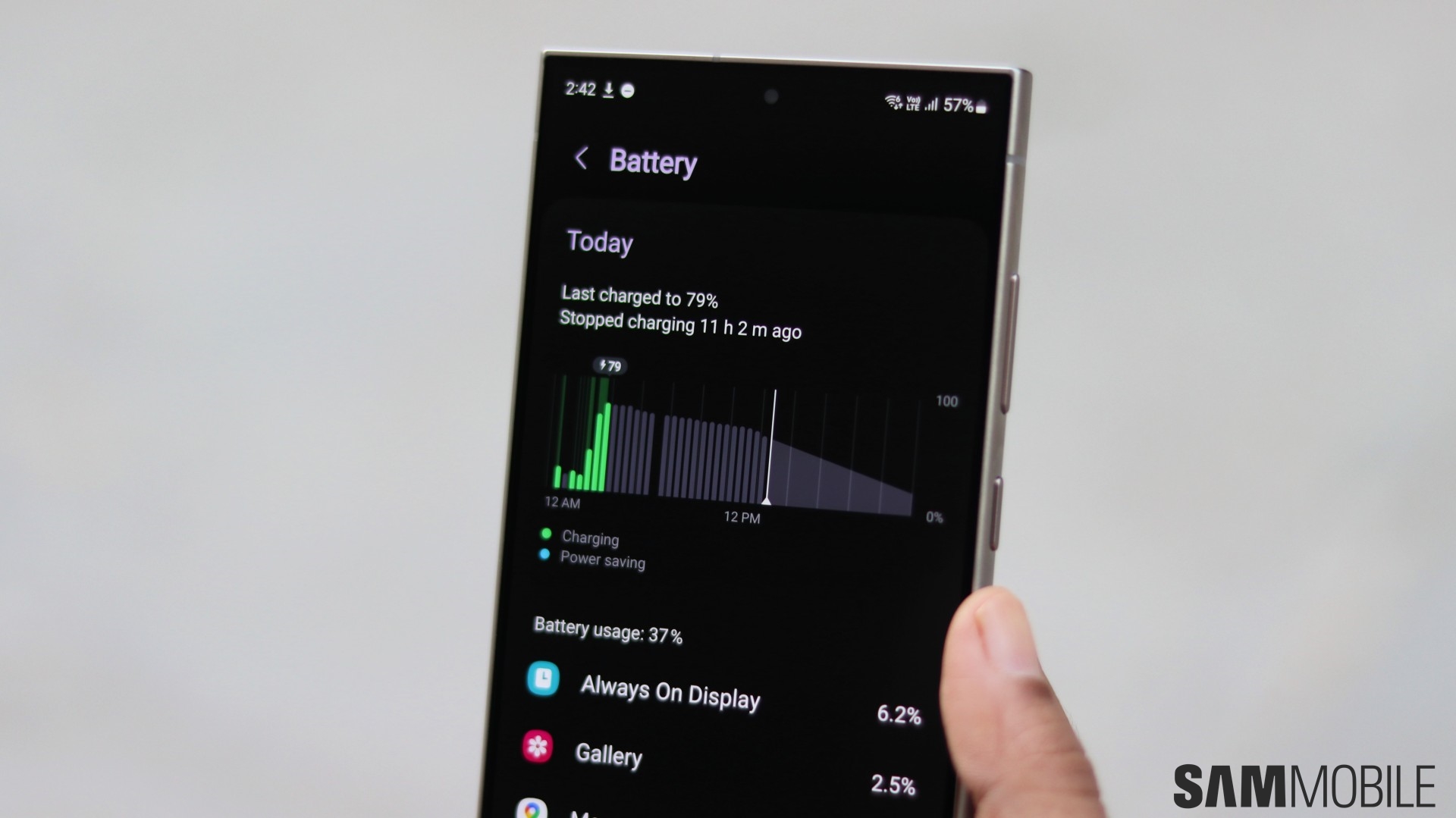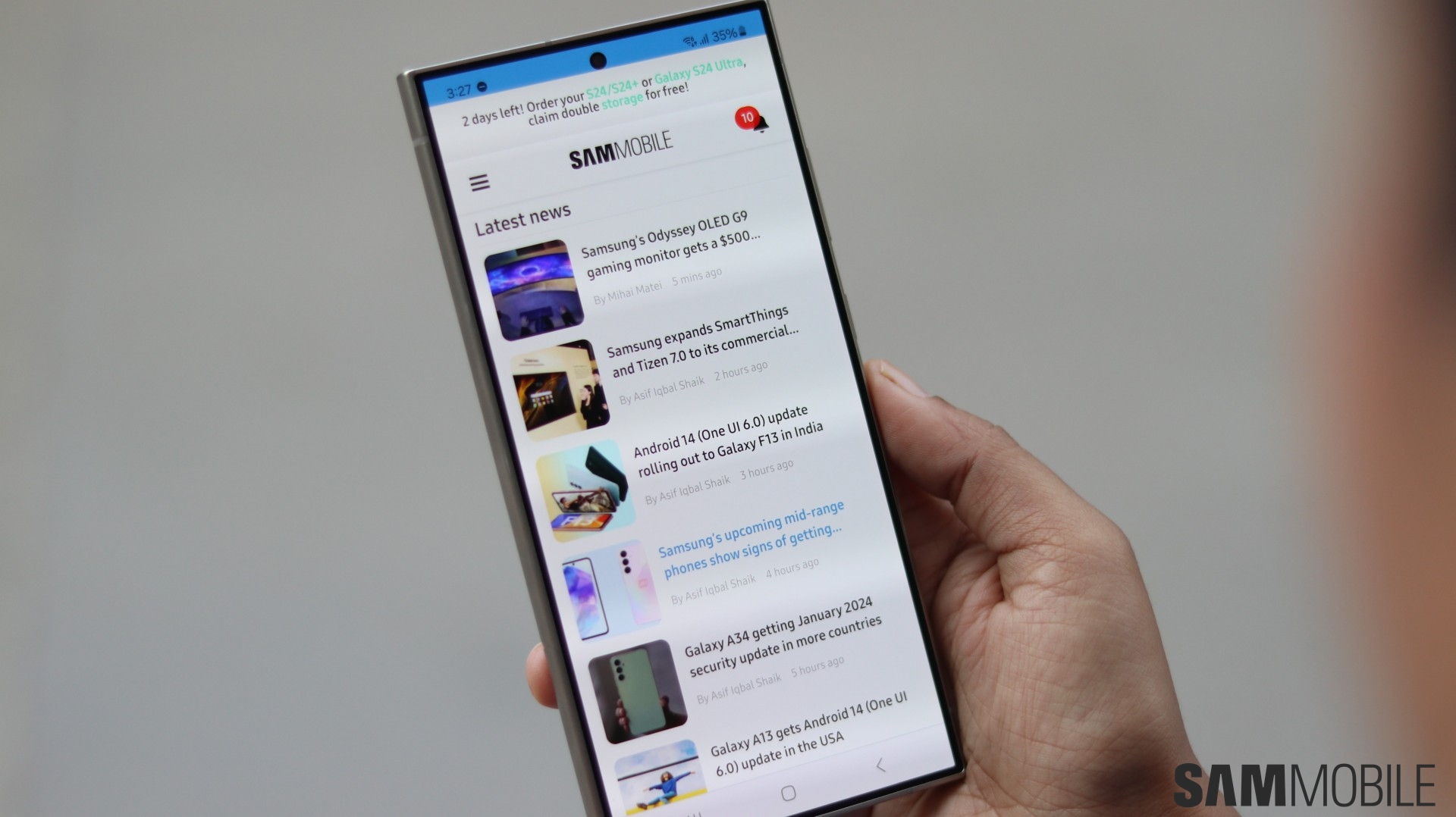When we asked the Galaxy S24 Ultra to use AI to summarize our Galaxy S23 Ultra review, it told us that the S23 Ultra only brought incremental upgrades but was still a solid choice, and we couldn't agree more.
The Galaxy S23 Ultra didn't change a lot compared to the Galaxy S22 Ultra. Still, everything came together to make it the fastest, smoothest, and most premium-feeling Galaxy flagship ever, so expectations have naturally been high for its sequel, the Galaxy S24 Ultra.
Samsung's advertising makes it seem like the Galaxy S24 series is all about AI, but is that the only reason you should buy a Galaxy S24 Ultra, or is there more to it? Without wasting any more time, let's get right into it.
Design
A phone's design and build quality can be subjective, but we believe the Galaxy S24 Ultra boasts the best design yet of any Galaxy S Ultra flagship (though we still miss the Galaxy S21 Ultra, which had an amazingly ergonomic design for a phone of its size that has yet to be replicated). It comes with several important upgrades that make it both beautiful and one of the most durable phones on the market today.
The switch to a titanium frame is one of the highlights here. Compared to the aluminum frame on the other Galaxy S24 models and every existing Galaxy flagship, the titanium frame (which still has aluminum on the inside) on the S24 Ultra and its satin matte finish make for a luxurious in-hand feel that you will hate to ruin by putting a case on it.
The titanium frame and its matte finish make for a luxurious in-hand feel
Samsung has also gotten rid of the curved displays, but there are still subtle curves where the frame meets the display and back glass to ensure the edges aren't too sharp and to prevent them from causing any discomfort in one-handed use. Fans of Samsung's curved displays will probably take some time to adjust, but we don't think it will be a difficult thing to do for most folks who pick up an S24 Ultra.
Samsung is offering many titanium-themed color choices for the Galaxy S24 Ultra. Don't be put off by the pictures as they don't do the colors any justice: even the most boring one looks pretty classy to the naked eye. However, some of them don't exactly match their names – Titanium Yellow just looks like the cream color Samsung has used for previous phones. You also get a grey S Pen no matter which variant you pick.
Display
The Galaxy S24 Ultra's 6.8-inch display is flat, as already mentioned before. It may lack the swagger and wow factor that you get with a curved display, but it's technically the best and also the most scratch-resistant display of any previous Samsung smartphone.
Over on Twitter/X, Samsung has received plenty of criticism over the last couple of years for not upgrading technical specs such as the maximum brightness of its flagship displays while Chinese phones have been bombarding the consumer with big numbers, and the Korean giant clearly took it to heart.
All of the Galaxy S24 models boast a peak brightness of 2,600 nits, up from 1,750 nits on the S23+ and S23 Ultra, and it certainly helps when using the phone under harsh sunlight. Samsung has also, for the first time, made the bezels equally slim on all sides, even if the flat display makes those bezels somewhat more noticeable in day-to-day use.
Samsung has, for the first time, made the bezels equally slim on all sides
The displays, all of which can vary their refresh rate between 1Hz and 120Hz, on the Galaxy S24 series also appear to be more power efficient, as Samsung says older devices are not capable of supporting the ability to show the lock screen wallpaper on the Always On Display, a new feature that has made its debut with One UI 6.1 and takes inspiration from Apple's Always On Display implementation.
Samsung has also introduced Adaptive Color Tone, a feature that uses the front and rear cameras to analyse ambient lighting conditions and accordingly adjust the screen's colors to make images look more natural. Unfortunately, the display's richness and vibrancy have been toned down, and what was initially considered a bug has been confirmed to be a “feature” by Samsung.
The star of the show, however, is the new Gorilla Glass Armor protection that is debuting with the Galaxy S24 Ultra. Samsung claims it's four times more scratch-resistant than other protective glasses, and testing has corroborated the company's claims.
More importantly, Gorilla Glass Armor comes with an anti-glare coating that's a true game changer. It reduces reflections by up to 75% compared to previous Gorilla Glass iterations, which is a boon when there are too many light sources around.
Gorilla Glass Armor also makes the AMOLED displays on other phones look like LCDs when they're placed next to the S24 Ultra. Just don't expect higher shatter resistance compared to the Gorilla Glass on other devices, as Armor seems to crack just as easy.
Gorilla Glass Armor makes the AMOLED displays on other phones look like LCDs when they're placed next to the S24 Ultra
The ultrasonic fingerprint sensor on the Galaxy S24 Ultra works more or less like the one on the Galaxy S23 Ultra, which is to say it's fast and very accurate. In fact, unlocking the phone with it feels faster at times, though that may just be the placebo effect making us see improvements where there aren't any.
The stereo speaker setup on the Galaxy S24 Ultra is another part of the experience that seems to have carried forward as is. It sometimes felt like there was a hint of extra bass but it wasn't substantial enough to be called an improvement or upgrade.
S Pen
The S Pen experience on the Galaxy S24 Ultra is completely unchanged from its predecessors. The hardware is the same (including Bluetooth connectivity, in-slot charging, air gestures, and ultra-low latency), and that goes for the software feature set as well.
Now, we're not sure what Samsung could improve to make the stylus experience better, as this is still the best you can get on any smartphone. But it does feel like the S Pen has been sidelined a little too long as far as upgrades are concerned. The last time it got meaningful upgrades was with the Galaxy Note 20 Ultra, and you can read our review of that phone for all the details you need about the S Pen experience.
Camera
The camera setup on the Galaxy S24 Ultra is pretty similar to the Galaxy S23 Ultra. The only big hardware change is the switch to a 5x optical periscope telephoto lens from a 10x periscope camera. The rest of the cameras offer similar picture quality, for better or worse, and Samsung has focused more on improving how all those cameras can be put to use.
You can finally switch between all of the phone's cameras on the fly while 4K 60 fps video recording is active
For example, you can finally switch between all of the phone's cameras on the fly while 4K 60 fps video recording is active. The old Director's View mode is now called Dual Rec and allows you to shoot videos simultaneously with any two of the phone's cameras. Single Take mode has also been updated to work on any of the rear cameras. Shutter lag has been addressed as well.
As far as picture quality is concerned, the main camera takes excellent photos with high detail and wide dynamic range during the day. At night and in low-light conditions, you get pretty good results when the automatic Night mode kicks in, now with lower noise and slightly less aggressive sharpening.
Here are some photos taken with the main camera on the S24 Ultra:
However, Samsung still has trouble handling exposure for light sources in the scene, and despite lower shutter lag, photos of moving objects aren't as good as they are on an iPhone. The S24 Ultra also struggles with accurate color production at times and can make things look more saturated than they are, even when taking the S24 lineup's Super HDR feature, which enhances the colors and contrast when images are viewed in the gallery, into account.
The main camera takes excellent photos
The Galaxy S24 Ultra supports capturing 24MP images with the main camera like the Apple iPhone 15 Pro, but only through the Expert RAW app. On the iPhone, 24MP is the default shooting resolution and allows photos to have more fine detail compared to 12MP images with just a tiny increase in file size.
On the S24 Ultra, however, we didn't see any clear benefit to shooting 24MP pics, which might be why the 24MP option is not present in the standard camera app. There's better noise reduction, which is something of a theme with all the cameras on the S24 Ultra, but you would have to view the photos on a monitor or TV and zoom in to notice the difference.
3x zoom quality also remains similar to the S23 Ultra. Photos shot at 3x and 4x zoom have a good amount of detail and dynamic range in most lighting conditions. We're not impressed by the ultra-wide cam, though. Samsung hasn't upgraded the ultra-wide camera for a few years, and at this point its limitations, such as a great deal of noise in low-light pics, are becoming plain to see.
Here are ultra-wide shots from the S23 Ultra and the S24 Ultra side by side:
And the following are 3x pictures taken on the S23 Ultra and S24 Ultra:
Samsung upgraded the selfie camera with the Galaxy S23 Ultra last year so it shouldn't be surprising that the company hasn't changed anything for the Galaxy S24 Ultra. Selfies taken outdoors during the day have plenty of detail; indoors and in low-light conditions, almost all of the fine detail disappears, and it's recommended to use the flash for the best results.
Okay, now let's talk about the star of the show, the 50MP 5x telephoto camera. With the mix of 3x and 10x zoom cameras (both 10MP sensors) on the S21 Ultra, S22 Ultra, and S23 Ultra, Samsung offered customers the most versatile camera setup of any phone. So when it was revealed Samsung is replacing the 10x optical telephoto with a 5x one, fans were understandably upset.
What does this new camera bring to the table? Well, you get several benefits, but first, let's address the one thing that you lose with the 5x camera, and that's undependable picture quality at magnification levels above 10x in low light. Sometimes, the S24 Ultra offers a sharper, cleaner image, but at other times, it fails to get the exposure right.
The 5x telephoto is great for the 3x-10x zoom range in which most customers will take photos
We also noticed that automatic Night mode doesn't always kick in on the S24 Ultra once you're at 5x magnification and beyond. It's possible this was a deliberate decision as the 5x camera has a larger sensor and a wider aperture than the S23 Ultra's 10x camera for improved low-light performance, but it doesn't work out in practice.
But the 5x telephoto is great for the 3x-10x zoom range in which customers will take photos a majority of the time. The S24 Ultra either offers the same picture quality as the S23 Ultra or slightly better quality, with the latter more noticeable in nighttime pics. The 10MP 3x camera had to handle everything up to 10x zoom on previous devices, meaning there was more digital zoom involved when shooting in the 5x-10x range. That is fixed by a 5x telephoto that has 50 megapixels to work with.
A few examples of how 5x and 10x zoom compares on the S23 Ultra and S24 Ultra:
A gallery of pictures shot at 1x, 3x, 5x, 10x, 30x, and 100x on the Galaxy S24 Ultra to show quality at the entire zoom range:
If you love shooting pictures of the moon, the Galaxy S24 Ultra has you covered there as well. Here, the difference in camera specs don't really matter all that much, as Samsung has always used a combination of post-processing effects and AI to make moon photos look as impressive as they do.
There's more: thanks to the new telephoto camera, you can take portraits/bokeh photos (but not videos) at larger distances with 5x optical zoom, in addition to the existing 1x, 2x, and 3x options. The blur effect isn't always strong as it gets harder to distinguish between the subject and the background as you move farther away, and noise control can be hit and miss, but the overall result is pleasing at worst and stunning at best.
In the gallery below, you can see 3x and 5x portraits next to each other:
We also captured a 5x portrait photo with an iPhone 15 Pro to compare it to the S24 Ultra, and here, the S24 Ultra does a slightly better job of controlling noise and preserving detail. The S24 Ultra also makes the colors look more vivid, though this may or may not be a good thing depending on who you ask.
Thanks to the bump in megapixel count, the 5x camera can also be used to record 8K videos at 5x-10x zoom. Not that we recommend 8K videos as their file sizes are just too big for the little improvement they bring, but the option is there for those who want it. It's also worth pointing out that Samsung is the only manufacturer providing 8K recording at 30 fps – other brands are still limiting it to 24 fps.
As far as general video quality is concerned, the Galaxy S24 Ultra does a bang-up job. As we mentioned earlier, the experience is helped by features such as real-time switching between all five cameras on the device when recording 4K 60 fps videos. Samsung has also added the option to shoot 120 fps videos at 4K resolution via the camera's Pro mode, in addition to 4K 120 fps slow-motion video recording.
The Galaxy S24 Ultra comes with a mode called Dual Recording, which replaces the Director's View mode and lets you capture video from any two of the phone's cameras at the same time. There are multiple layouts to choose from: you can have a 50:50 split for the feed from the two selected cameras or place one camera's feed in a pop-up window.
You can also save the feed from both cameras into a single video or save them as separate files (the Gallery app clearly marks which video came from which camera). However, Dual Rec mode is limited to 30 fps for both Full HD and 4K resolution, and it also doesn't support recording video on the 5x zoom camera.
Performance
You probably already know what we're going to say about the S24 Ultra's performance. Samsung is using the Snapdragon 8 Gen 3 for the Galaxy S24 Ultra in every corner of the world, and the new chip is as snappy as the last one and doesn't allow the Galaxy S24 Ultra to skip a beat.
The Galaxy S24 Ultra offers top-tier performance whether you're gaming for long periods, live streaming on social media, taking lots of photos, or simply doom-scrolling on Instagram. The same goes for all the AI features that you can use on this phone.
The Galaxy S24 Ultra offers top-tier performance
It also maintains its cool thanks to the larger vapor chamber for heat dissipation, which was probably a necessity as the Snapdragon 8 Gen 3 can get pretty hot, at least when you're running intensive benchmarks.
The chip's efficiency seems to have improved as well, even though it is still technically being made on a 4nm process. And yes, the Snapdragon 8 Gen 3 is superior to the Exynos 2400 powering the Galaxy S24 and S24+. That doesn't mean the Exynos 2400 is a bad chip, though, and it even manages to take the lead when it comes to performance and power efficiency in ray-traced games/benchmarks.
Thanks to the Snapdragon 8 Gen 3, the Galaxy S24 Ultra supports Wi-Fi 7. The Wi-Fi 7 certification program for consumer products was announced just a few days before the launch of the Galaxy S24 series so it's not useful right now, but it makes the Ultra model more future-proof than the base and Plus models, which lack Wi-Fi 7 support on both Exynos and Snapdragon variants.
Software: One UI 6.1
The Galaxy S24, S24+, and S24 Ultra are Samsung's first phones to come with version 6.1 of One UI out of the box, built atop Android 14. While the AI features are the highlight of the software experience, One UI 6.1 brings a number of non-AI features and improvements as well.
Some of the major ones include support for showing the wallpaper when Always On Display is active, Super HDR for viewing images in the gallery and Instagram with enhanced colors, contrast, and detail, more customizable battery protection settings, customizable backgrounds for alarms, and the option to use the phone as a webcam on a Samsung tablet.
Quick Share, Samsung's Apple Air Drop alternative, has been combined with Android's Nearby Share feature so Galaxy device owners can share files and media with Galaxy and non-Galaxy devices from the same screen.
Galaxy S24, S24+, and S24 Ultra will get Android, One UI, and security updates for seven years
Samsung has also adopted Android's stock navigation gestures as the only gesture-based navigation system. Samsung's Good Lock app can be used to bring the company's custom navigation gestures back, but it's not the best solution as Good Lock isn't available in all countries.
One UI 6.1 also brings smoother animations to the user interface while introducing new animations for some things, such as when you use the zoom function in the camera app. We have talked about all that One UI 6.1 offers in a separate article and the embedded above, and we would suggest checking those out for more details.
The Galaxy S24, Galaxy S24+, and Galaxy S24 Ultra are promised Android, One UI, and security updates for seven years. This is an excellent move by Samsung that will allow users to hang on to their devices longer without worrying about outdated software. Unfortunately, no Galaxy phones and tablets launched before the Galaxy S24 are eligible for seven years of updates.
Software: AI
Samsung has touted what it calls the Galaxy AI experience with a lot of passion. We were initially skeptical of how well Samsung will be able to pull it off, but our skepticism disappeared after putting the Galaxy S24 series to the test and we're happy to report that the AI features are actually useful and not just gimmicks.
Like Bixby, some of the AI functionality on the Galaxy S24 series can be performed on the device while others have to be processed on the cloud for the best results, though Samsung is thankfully taking advantage of Google's AI prowess instead of trying to do everything on its own like it did with Bixby.
The full list of AI features is rather long, and we detail them down below. No one will use them all, but you will probably fall in love with at least one feature, as was the case for those of us on the SamMobile staff who used a Galaxy S24 series phone.
AI: Circle to Search
The feature that works best is Circle to Search, which is unsurprising as it is a Google feature that is also available on Pixel devices. Circle to Search is kind of like Google Lens or Bixby Vision – you long press the home button, select something on the screen by drawing a circle around it, and Google identifies and searches for whatever it is you selected.
Some use cases according to Google include identifying different items, from sunglasses to boots, in someone's outfit or identifying food dishes that you may have come across on social media. Circle to Search can identify both text and images, and it works great.
For example, there's a scene that we capture using every new Galaxy device that we review in India, and when we used Circle to Search on a photo of the same scene on the Galaxy S24 Ultra, the first few search results we received were links to some of our recent reviews.
AI: Real-time voice and text translation
Galaxy AI includes features that enable real-time voice and text translation for conversations between people. Interpreter, which was first announced with the Pixel Fold, helps you have a conversation with a person who may speak a different language by detecting what you're saying, converting it into text, and translating it on the spot.
Interpreter's UI is split into two cards, one for what you say or write and one for the person who you're talking to. If you're sitting across from that person, you can flip their card 180 degrees so the translated text is the right way up for both of you.
Both voice-to-text conversion and translation work well, but unfortunately, the list of supported languages is rather small. It includes English US/UK/India, Chinese, French, German, Hindi, Italian, Japanese, Korean, Polish, Portugese, Spanish, Thai, and Viatnamese, and it may be a while before language support is expanded.
The Galaxy S24 series also brings real-time translation in calls, or rather, it renames what was called Bixby Text Call on older devices to Live Translate. On a call, Live Translate can transcribe what is being said by the other person and translate it to your desired language; it can do the same for whatever you say as well.
Live Translate supports both text replies and text-to-speech, even letting you completely mute your or the caller's voice and let AI do the talking for you. A neat thing here is that you can have dedicated profiles for invididual contacts so that every time you are on a call, Live Translate automatically selects the right language and voice for the involved parties.
Like Interpreter, Live Translate is limited to English US/UK/India, Chinese, French, German, Hindi, Italian, Japanese, Korean, Polish, Portugese, Spanish, Thai, and Viatnamese, which essentially means a large portion of Samsung's customer base won't be able to use it. Fingers crossed new languages are added frequently in the coming years.
AI: Summarize articles, notes, voice notes
In addition to live translations for calls and conversations, Samsung is placing a lot of emphasis on Galaxy AI's ability to make summaries out of any text. That text can be everything from notes in the Samsung Notes app to articles on the internet, and you can choose between a simple or more detailed summary.
For our very first test, we asked the Galaxy S24 Ultra to summarize our Galaxy S23 Ultra review. The AI got confused about the part where we diss the S23 Ultra's lower charging speeds compared to the Chinese competition and thought we were saying its battery life isn't as good as other flagships, but the rest was spot on.
AI-based summarization gives you the option to create TL;DR versions of long texts
Summarization essentially gives you the option to create TL;DR (too long; didn't read) versions of long texts. In Samsung Notes, Galaxy AI can also translate text before and after a summary is created, format the text, correct grammar and spelling, and create covers for notes.
Unfortunately, summarizing articles is only available if you use the Samsung Internet browser. This is a pretty huge limitation for those who use Google Chrome or any other browser, and while it doesn't take long to fire up and open the article in Samsung Internet, we're assuming most users who don't use Samsung Internet will quickly forget about this feature.
Summaries are also supported in the Voice Recorder app. In fact, the functionalities made possible by AI in voice recordings is extensive. Voice recordings can be transcribed to text that can then be summarized, and the app can also detect when there are multiple speakers.
We tested this by recording a YouTube video of a criminal lawyer reacting to a famous trial and talking about how the defendant and lawyer's behavior and demeanor in court can affect proceedings. The speech-to-text conversion was a little iffy, but the AI was able to catch the gist and the subject of the conversation perfectly.
It served us a summary with various keywords for the topics addressed in the voice note and separated the bullet points for those topics with a suitable heading for each. It was also good to see that the transcript automatically censored any profanities that were detected, though an option to uncensor those words or disable profanity detection altogether would have been nice to have.
AI: Samsung Keyboard can correct grammar, change writing style, and more
Samsung Keyboard is far from the best keyboard apps on Android (in fact, it's one of the worst when compared to popular keyboard apps like Gboard or SwiftKey), but it is still the default keyboard used by most Galaxy smartphone users and has gained a slew of useful intelligence features with the Galaxy S24 series that quickly became a favorite for some in the SamMobile team.
As expected, Samsung Keyboard allows you to instantly translate chats to different languages, though this happens after you press the send button in some apps. It can also correct grammar and spelling, but the most interesting is its ability to change your writing style. We never thought our keyboard telling us how to send a message professionally was something we needed, but that's exactly what Samsung Keyboard now does.
Your message can be rewritten to be more casual, professional, or polite, and the AI can also insert emojis that match the subject of the message. It works extremely well, and we can see it becoming a fan favorite, especially for those who are in jobs that require them to communicate in a language they don't speak natively.
AI: Generative photo and image editing
Samsung has built powerful image editing capabilities into the S24/One UI 6.1 that are inspired by the tools Pixel smartphone owners have had at their disposal for some time.
The Generative Edit button in the Gallery app's photo editor lets you move, tilt, and remove objects from photos – Samsung has already supported features such as object removal, but it has now improved how well the space left behind by removed or moved objects is filled up.
The general takeaway is that AI photo editing works much better than we expected. The results are rarely perfect, and in some cases they can be downright laughable. For example, we removed a dog from a picture and the AI inserted a pillow in its place.
In another photo of those four-legged bundles of joy, removing the dog got us what initially looked like a skate, but using Circle to Search on it showed us images of both skates and wooden pull handles used on cabinets and drawers.
For some reason, the AI doesn't have the same issue when you try to move objects or people in the image, even though that also involves deleting that object from its original location and filling up the empty space with fake data. It also does a good job of tilting and changing the orientation of objects/people.
For a more in-depth look at the AI photo editing tools of the Galaxy S24 series and how well they work, check out this link.
AI: Generate custom wallpapers
Another fun new feature is generative wallpaper, which creates custom wallpapers based on your instructions using artificial intelligence. You get a variety of wallpapers based on the category/theme and keywords you select. This doesn't give you unlimited freedom, though.
Samsung offers a preset list of categories and themes called Imaginary, Night, Painting, Terrain, Mineral, Luminous, Soft-focus, Translucent, and Bloom. Each of them has a preset keyphrase that containts two or three keywords that you can select or deselect; you can't define any categories or keywords of your own.
However, if you don't like the initial results based on the selected keywords and theme and want more variation, you can ask the AI to create new images as many times as you want. Once you set an image as the wallpaper, the starry Galaxy AI logo will be shown on the home screen to indicate that the wallpaper was created using AI.
AI: Instant slow-motion for videos in the Gallery
The Galaxy S24 Ultra comes with higher-resolution slow motion video recording in the camera app, and Samsung has also added the option to slow down regular videos using a feature it calls Instant Slow-mo: in the Gallery app, long-pressing the screen when a video is playing will slow down the playback speed.
Because slow motion videos are recorded at considerably higher frame rates (the S24 Ultra captures them at a minimum of 120 fps) than regular videos (which are generally limited to 60 fps), to turn the latter into slow motion videos, you need to create additional frames that don't exist in the original video.
To do that, Samsung uses the power of generative AI, essentially creating duplicate frames to fill in the gaps between the existing frames. The higher the frame rate of the video, the better the results, though the feature doesn't work with 8K videos or sub-720p videos.
Battery life
The Galaxy S23 Ultra was the first phone in the lineup that took proper advantage of its 5,000 mAh battery. The Snapdragon 8 Gen 2's bonkers efficiency and Samsung's software optimization allowed the S23 Ultra to last up to two days. The Android 14 update has somewhat reduced the S23 Ultra's battery life, but it is still pretty dependable.
Samsung has carried that over with the Galaxy S24 Ultra. Battery life on this phone is fantastic. Two days on a charge doesn't seem possible, but a day and a half is doable with a mix of light and moderately heavy use. If you put all of its fancy features to use, you can still make it an entire day without reaching for the charger.
Battery life on the Galaxy S24 Ultra is fantastic
The idle battery drain is pretty low, but what's impressive is the efficiency even when you use the wallpaper-enabled Always On Display. As mentioned earlier, the displays on the S24 series are more efficient, and that clearly makes a difference here. The AI features don't seem to be very heavy on the battery, either.
Charging speeds continue to be limited to 45W on the latest Ultra model. The battery charges up to 60-65% in 30 minutes and to 100% in around 65 minutes. It's fast, but Samsung should be looking at making the jump to at least 65W charging at this point. Samsung also needs to improve wireless charging speeds, which have been stuck at 15W for five years.
Verdict
We didn't think it would be easy for Samsung to make something that's better than the Galaxy S23 Ultra, but that's exactly what the company has done here. Everything from the design and display quality to performance and battery life is top notch, and the AI features are more than just gimmicks.
Add to that the seven years of Android and One UI updates Samsung is promising, and the Galaxy S24 Ultra becomes a superb followup to the S23 Ultra and is the best Ultra flagship from the Korean giant yet. Unless you own a Galaxy S23 Ultra, the S24 Ultra is a no-brainer for anyone looking for a new smartphone and having the cash to spare.
